Space Robot System Laboratory
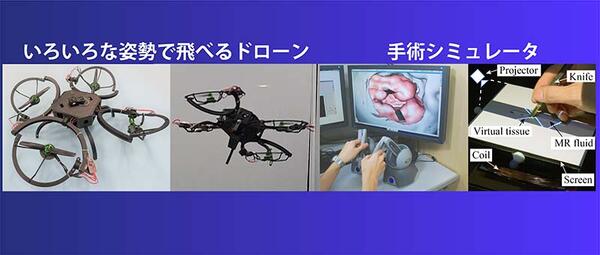
Rresearch images
robot
Japan in the 20th century placed an emphasis on efficiency and convenience, and strived towards manufacturing things, seeking to increase profitability. As a result, this approach put Japan in a situation where it faced contradictions such as
the destruction of environment. Currently, Japan possesses technologies, which lead the world in such fields as automobiles, robotics, electronics and telecommunications, whilst resolving such contradictions. These technologies are becoming
increasingly more complex. In order to contribute to the world as a leader of science and technology in the global society going forward, Japan will be required to exercise high-level design capabilities and technology management skills, which
will enable Japan to grasp the overall picture of increasingly complex technologies and promote harmony within the overall system, in addition to the ability to deeply analyze and comprehend objects.
For example, at the nuclear accident, which occurred immediately after the Great East Japan Earthquake, the importance of systemized technology regarding the use of technology in a society including its implementation and operation was reaffirmed.
This suggests that it is time for us to reconsider practical education. At the same time, this also means that nurturing researchers and engineers who will acquire the global values and capabilities required to work internationally.
Based on such a background, the Functional Control Systems Course aims to provide education and to conduct research to nurture outstanding researchers and engineers who have global values and the ability to fully grasp the truth of science and make use of it in practical education. This course consists of a number of different education and research fields, such as communication function control, functional device control, system control, and biosystems and biomolecule control, and operates interdisciplinary education and research. Taking this approach ensures that the course is not specialized in education and research being exclusively relevant to the areas of its academic staff's expertise. The course also aims to nurture researchers and engineers with basic skills for technology management and proficiency in English for engineers as well as shared values and ethics, while the course as a whole is aware of the relevance based on the diversity in the course and actively promotes collaboration with each other.
The degree of Doctor of Philosophy will be conferred by fulfilling the following criteria.
Standard period of completing the Doctor's Program is set to be three years. However, in the case where the candidates' research achievement is exceptionally good, they will be allowed to complete the program on condition that they have been registered with the program for over one year.
Candidates will complete the program by completing at least one subject from within the area of advanced subjects, receiving guidance in a special study, publishing academic papers and presenting a paper at an academic conference, and passing the assessment of a doctoral thesis, and they will then be conferred the degree. However, candidates who work as well as study may be exempt from taking the advanced subjects upon their main supervisor's approval.
Candidates will be allowed to register themselves beyond the standard period of completion in cases of temporary absence from the university, returning to the university, dropping out, and re-admission. This will increase the possibility of their conferment.
The Functional Control Systems Course aims to nurture researchers and professionals with advanced expertise who have excellent research promotion and research and development skills with rich creativity in the fields of communication function
control, functional device control, system control, and life function control, and who can solve various global problems for the realization of a sustainable society in cooperation with researchers and engineers around the world. The purpose
is to train researchers and highly-skilled professionals who have a high degree of specialization that can solve various problems in the world for the realization of a sustainable society.
The curriculum is organized based on the following policies so that students can develop their expertise from a comprehensive perspective in both software and hardware.
In recent years, the globalization of science and technology has been progressing, and it is extremely important to aim for sustainable development not only in Japan but also in the world from a global perspective. For this purpose, it is necessary to train researchers and engineers who can acquire global values and play an active role internationally.The Department of Functional Control Systems aims to promote university research in the fields of communication function control, functional device control, system control, and life function control engineering, and to foster researchers who can solve global problems for the realization of a sustainable society in collaboration with researchers and engineers from around the world. This program aims to nurture researchers and highly specialized professionals with a broad international perspective and the ability to think flexibly. Therefore, we seek the following applicants.

 robot
robot



 multimedia
multimedia software
software multi
multi

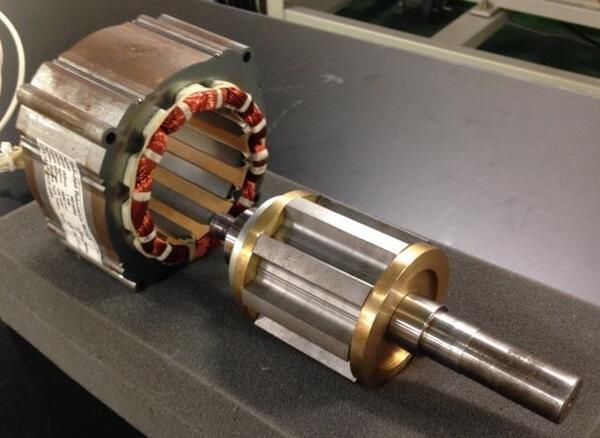
 car
car mechanical
mechanical energy
energy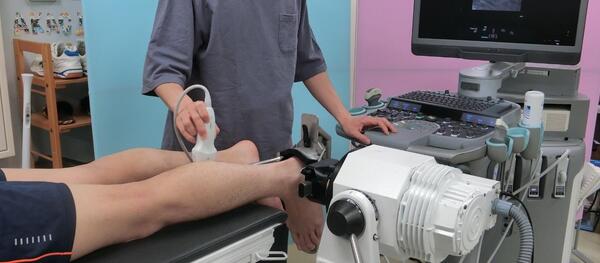
 health
health
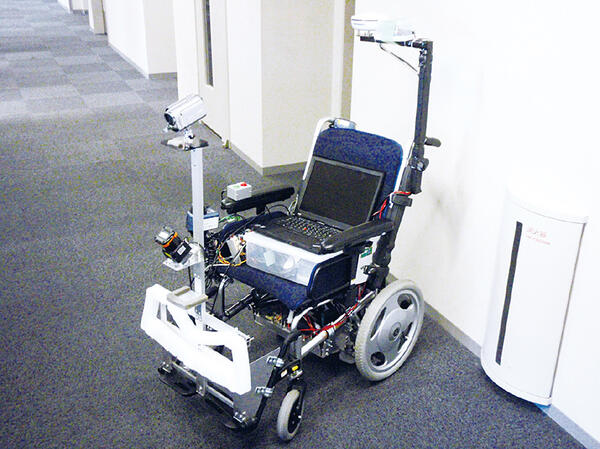
 robot
robot

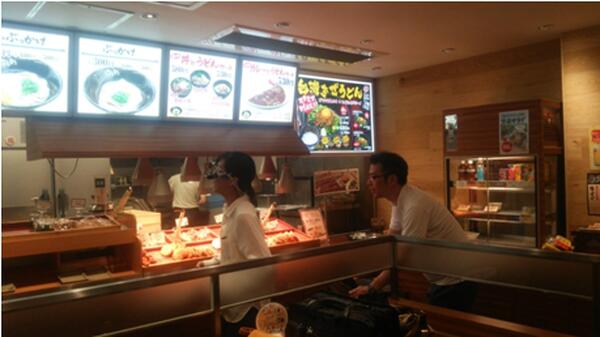
 communication
communication society
society informationdesign
informationdesign


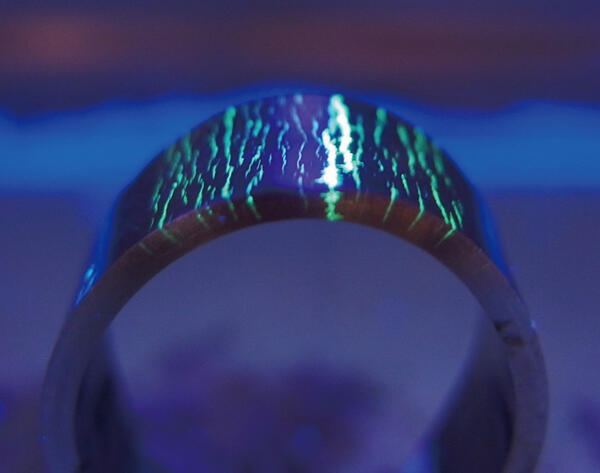
 mechanical
mechanical car
car material
material


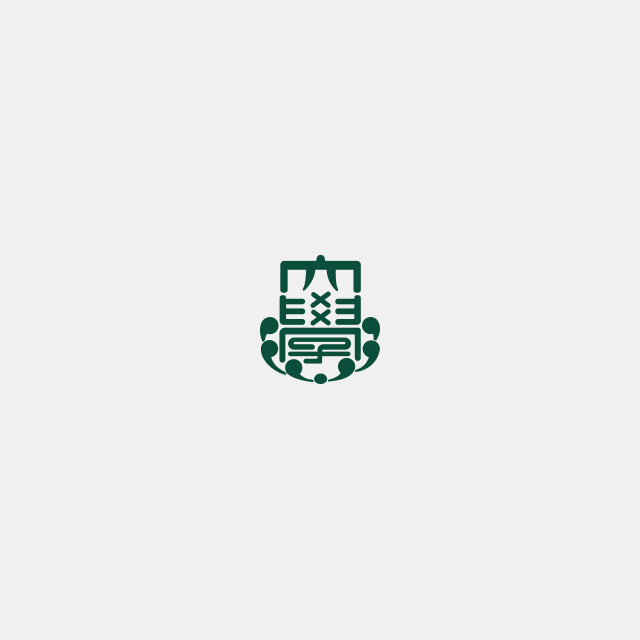
 network
network multimedia
multimedia
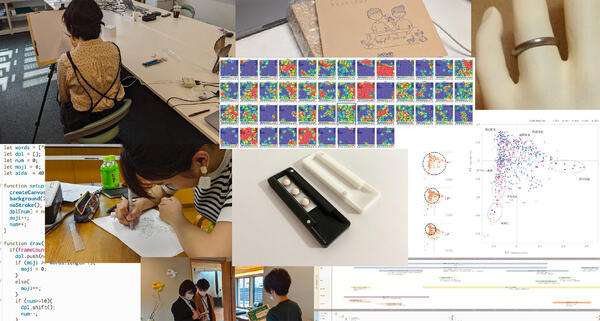
 communication
communication productdesign
productdesign informationdesign
informationdesign


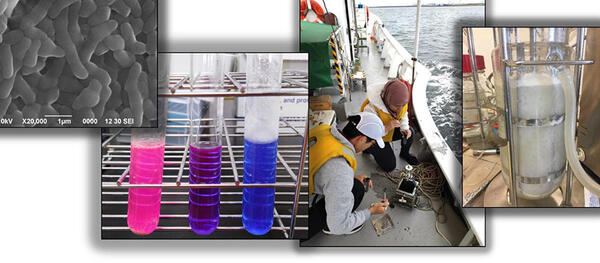
 biotechnology
biotechnology


 robot
robot mechanical
mechanical productdesign
productdesign


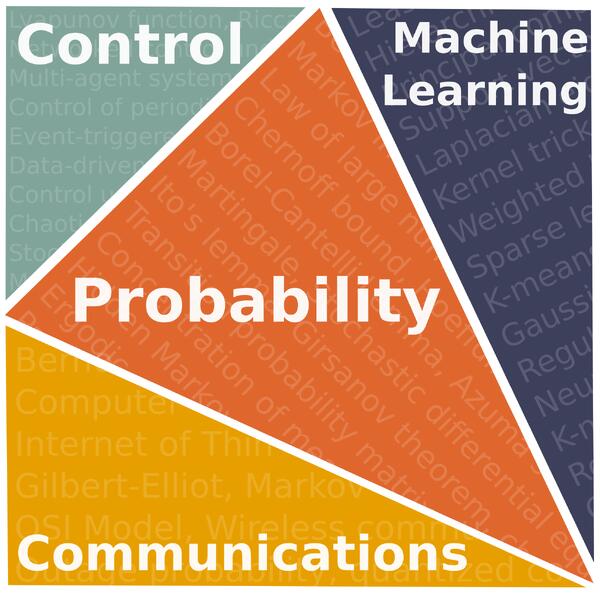
 network
network software
software informationdesign
informationdesign

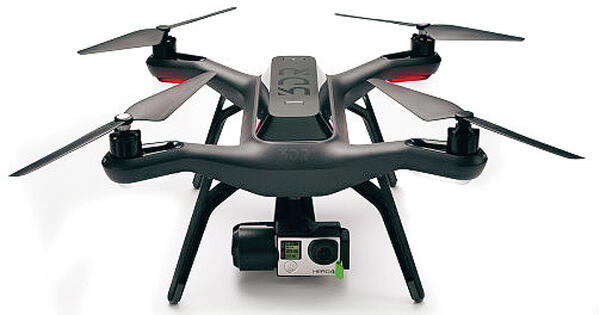
 robot
robot
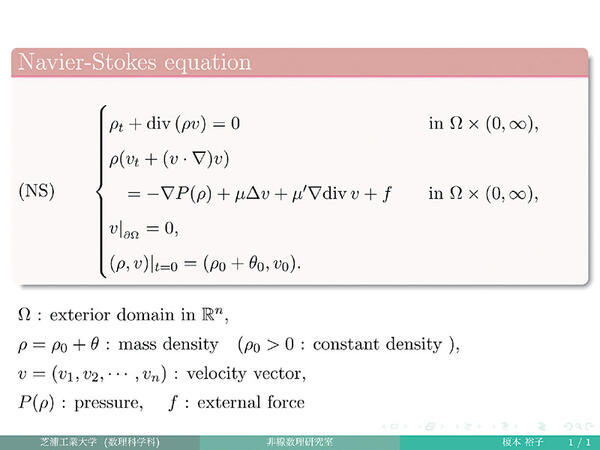
 basic
basic
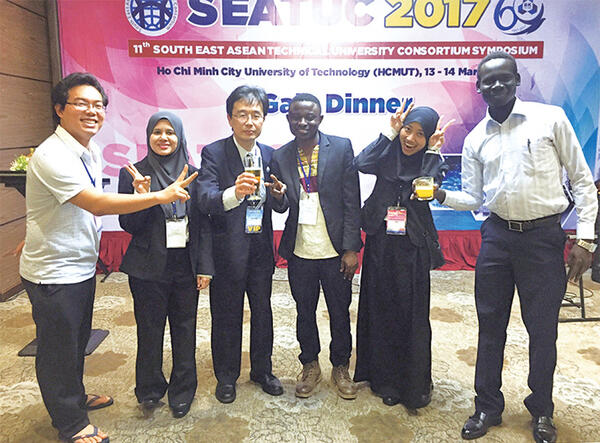
 energy
energy


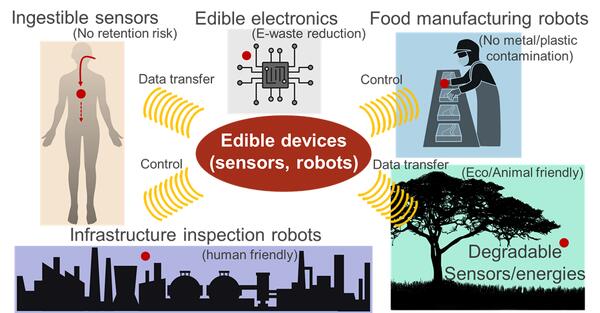
 software
software material
material health
health


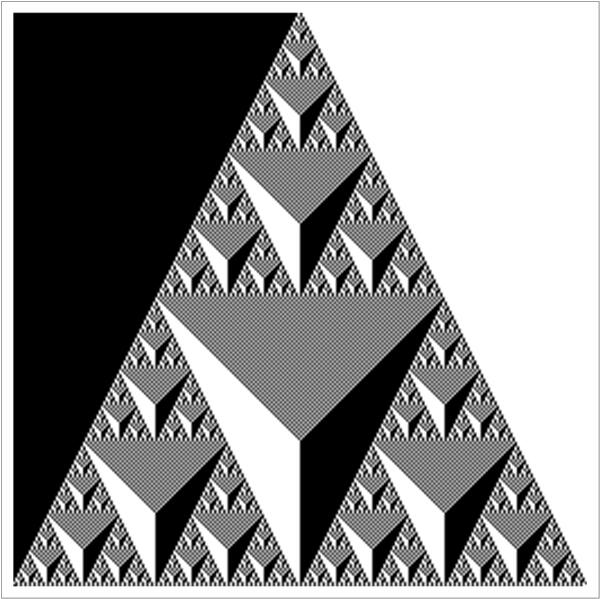
 society
society multi
multi basic
basic
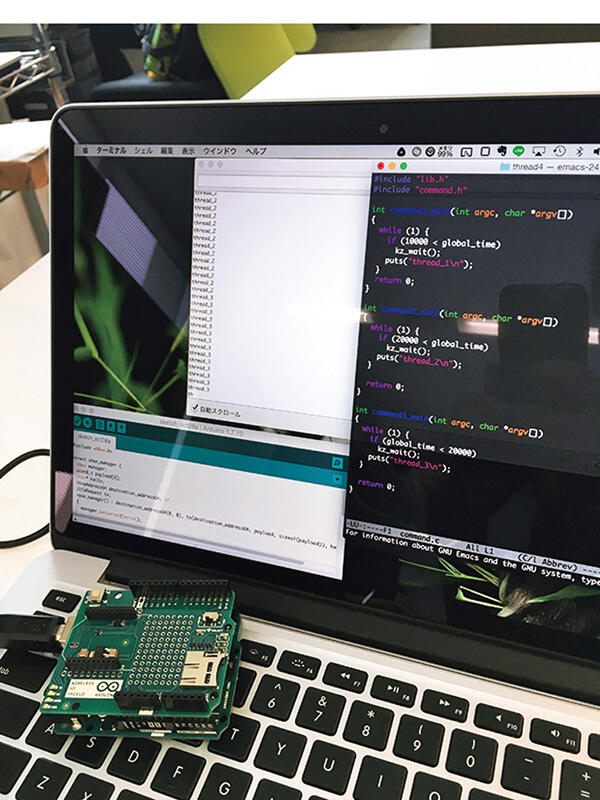
 robot
robot network
network software
software


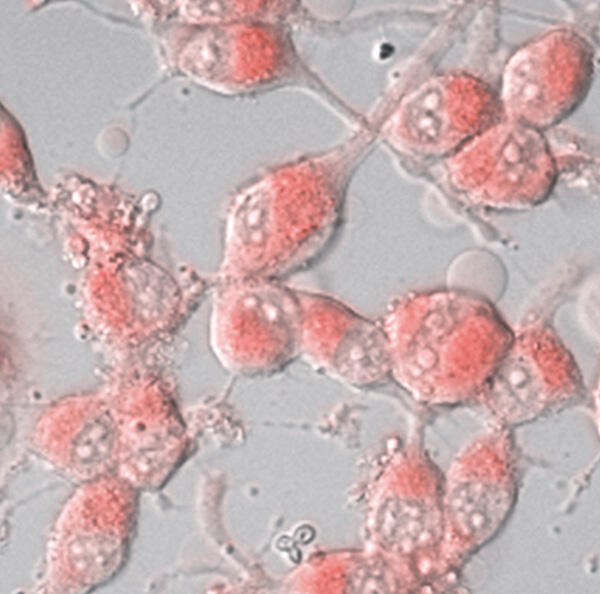
 chemistry
chemistry medical
medical health
health


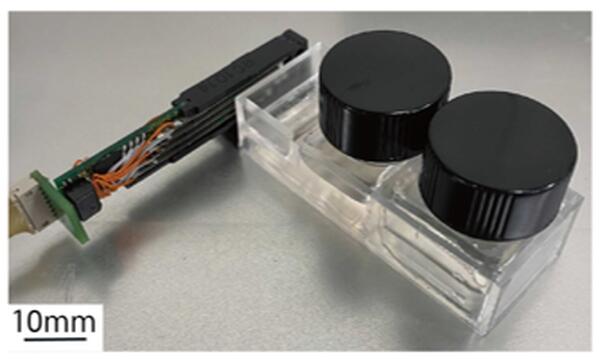
 mechanical
mechanical medical
medical health
health

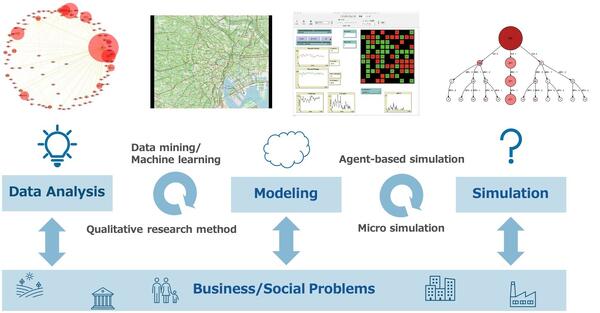
 society
society


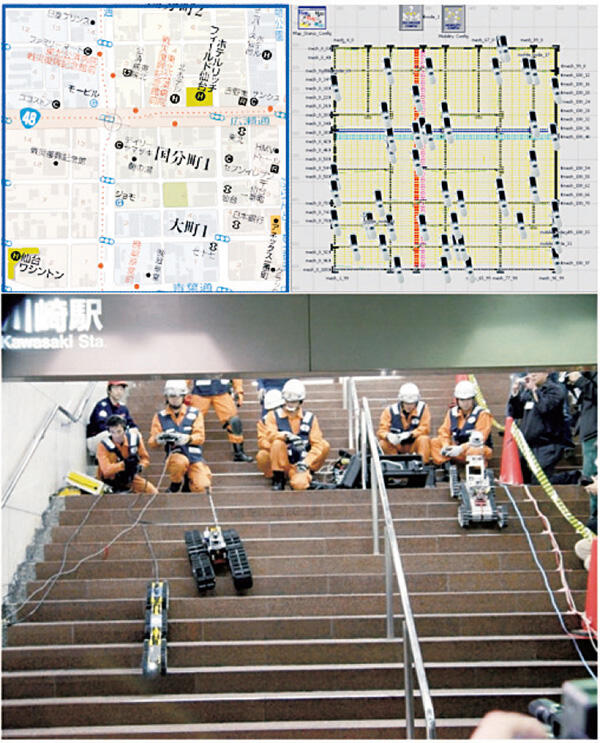
 network
network
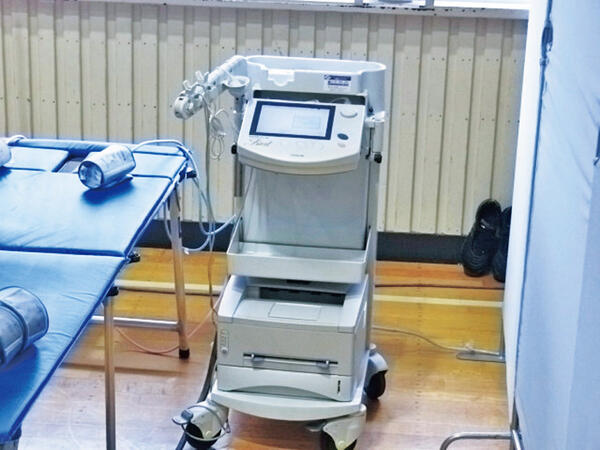
 health
health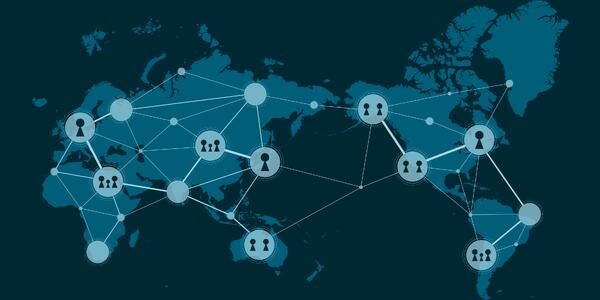
 software
software society
society


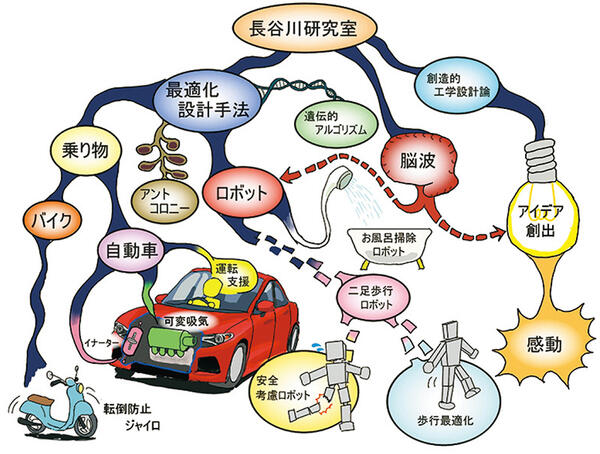
 multi
multi


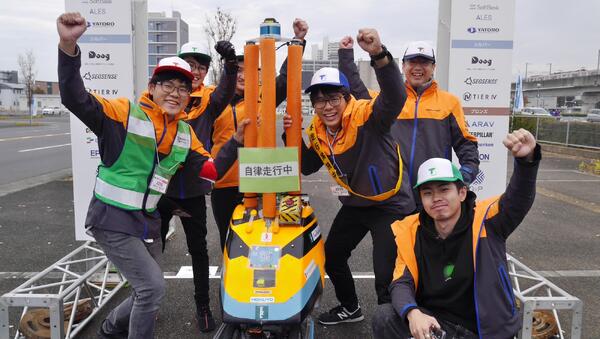
 robot
robot car
car network
network


 ecology
ecology safety
safety environment
environment


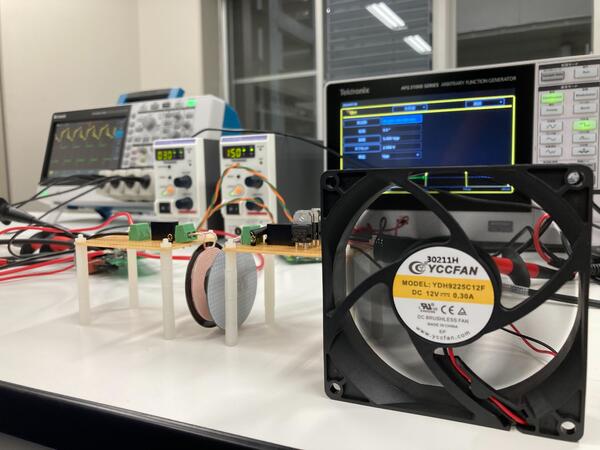
 car
car energy
energy multi
multi


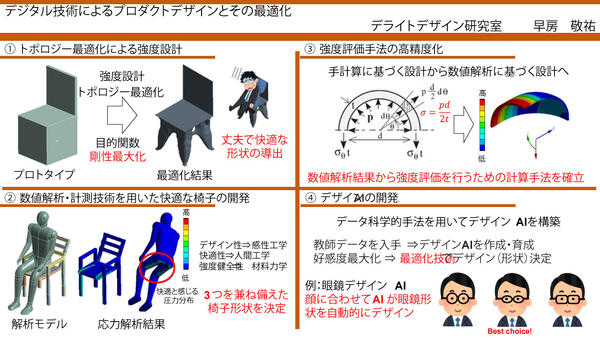
 mechanical
mechanical productdesign
productdesign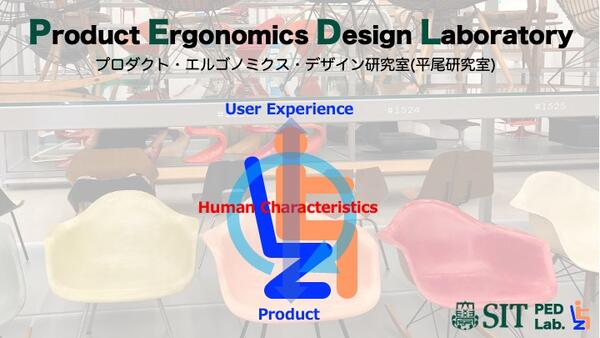
 car
car productdesign
productdesign multi
multi


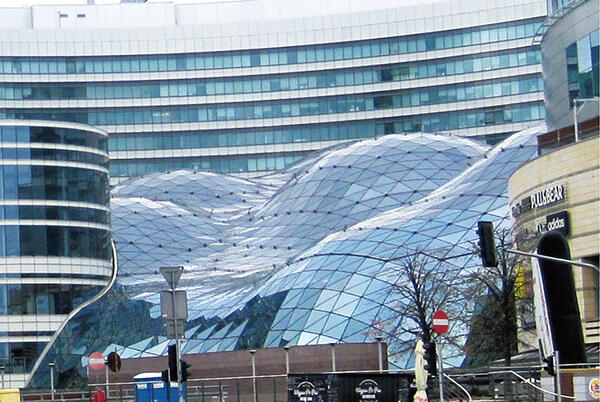
 basic
basic
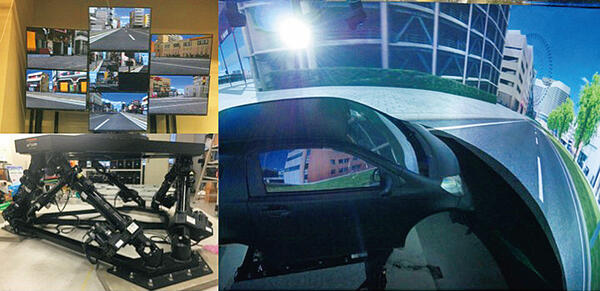
 car
car

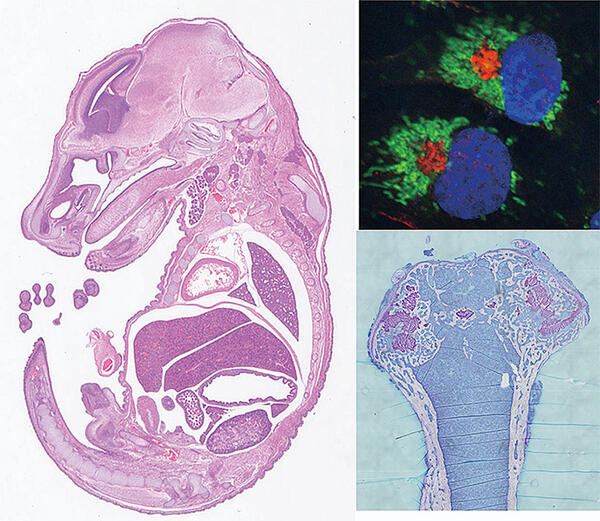
 chemistry
chemistry medical
medical health
health


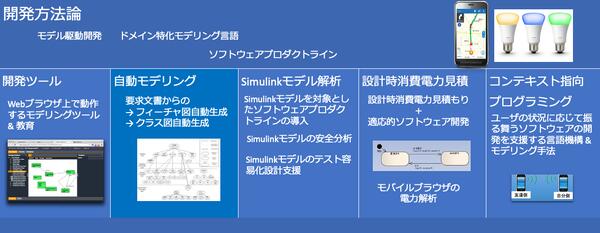
 robot
robot software
software car
car
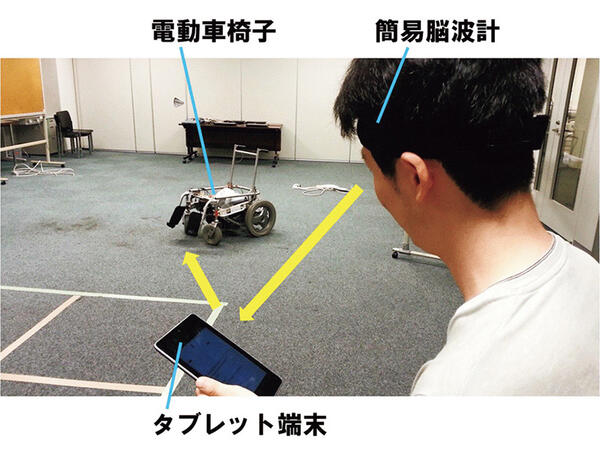
 informationdesign
informationdesign

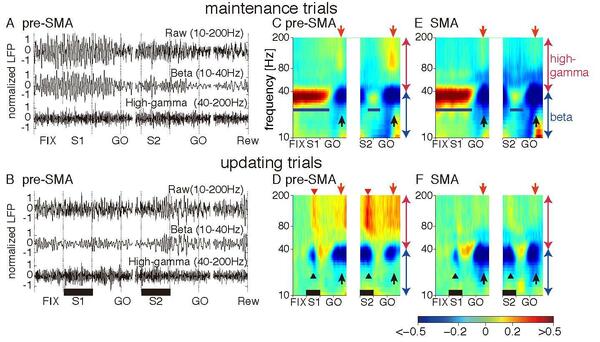
 software
software biotechnology
biotechnology medical
medical
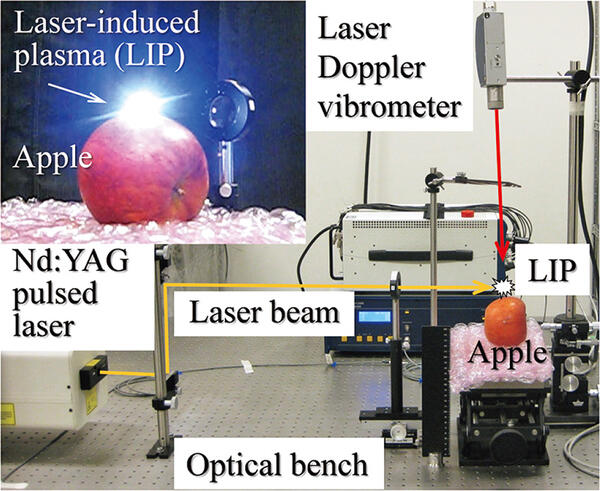
 mechanical
mechanical aerospace
aerospace environment
environment



 safety
safety environment
environment society
society


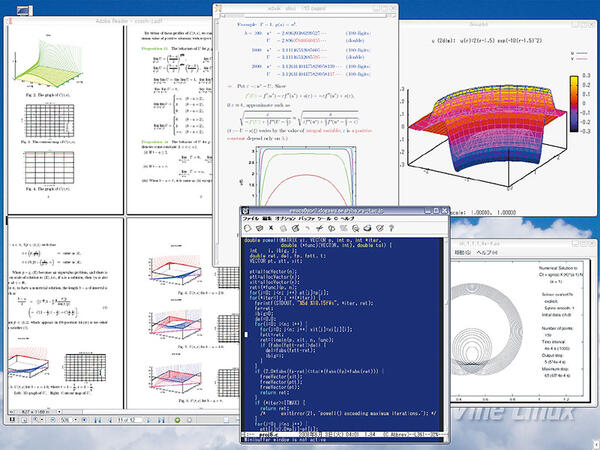
 basic
basic

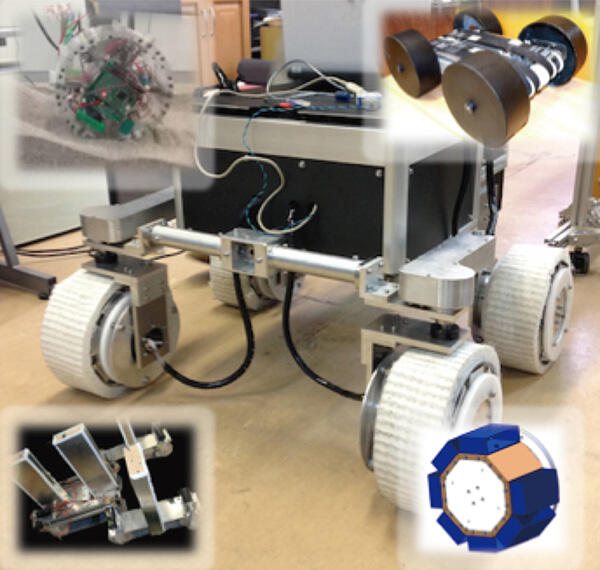
 robot
robot
 multimedia
multimedia

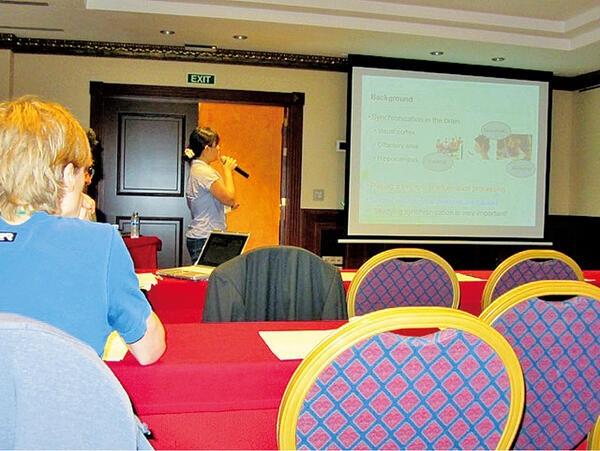
 multi
multi
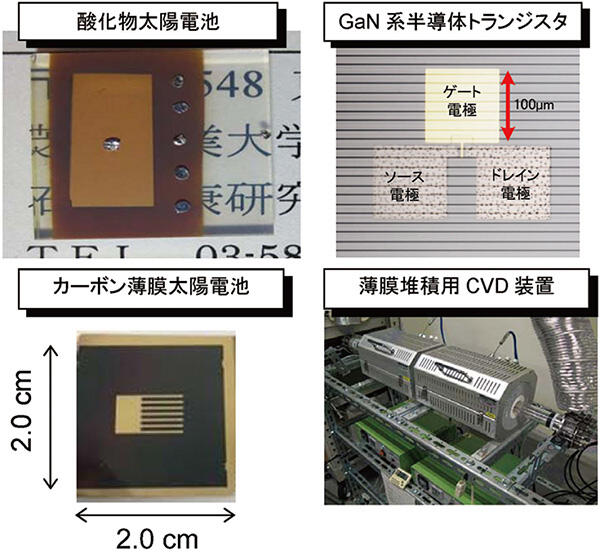
 material
material

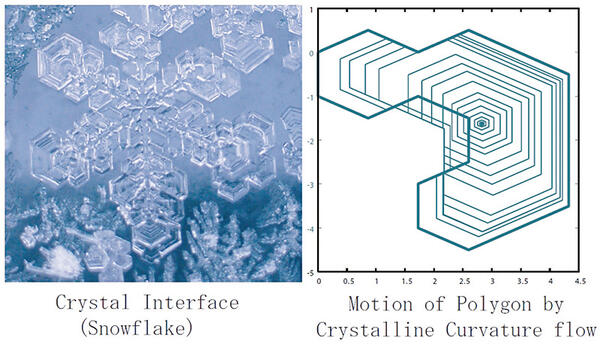
 basic
basic

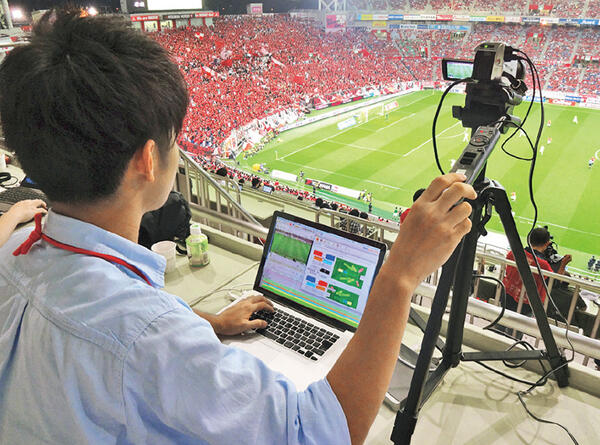
 health
health

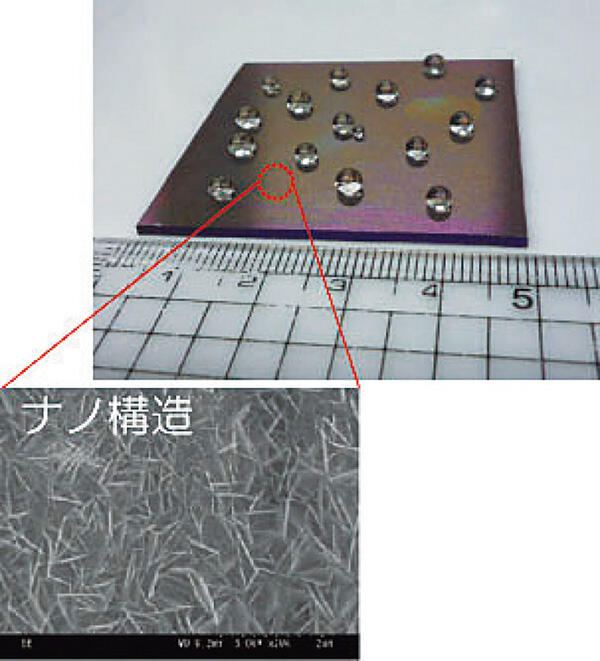
 material
material


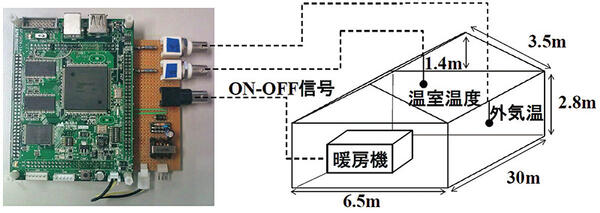
 mechanical
mechanical


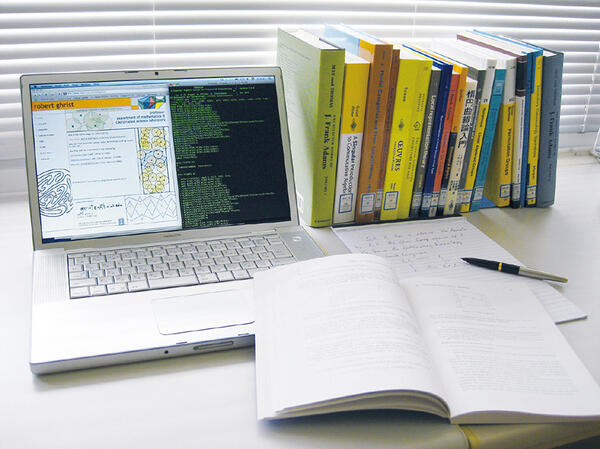
 multi
multi
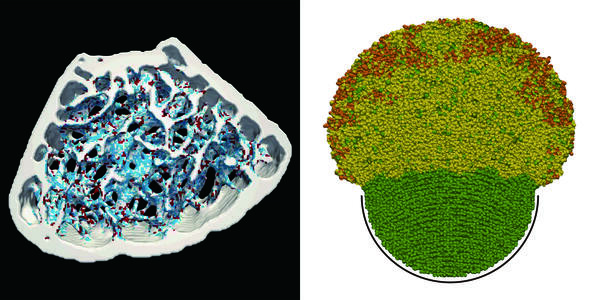
 mechanical
mechanical biotechnology
biotechnology medical
medical

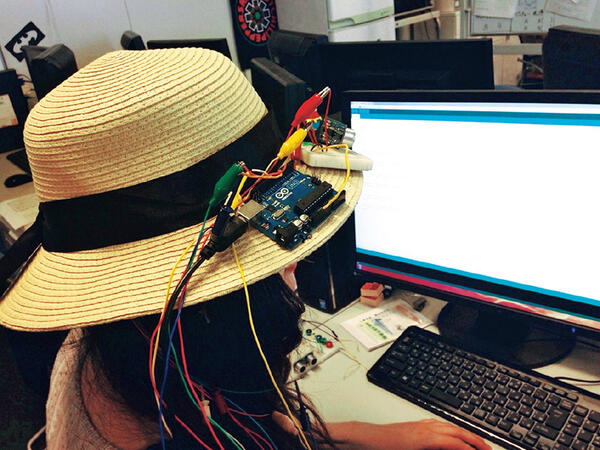
 network
network multimedia
multimedia software
software

 software
software communication
communication health
health


 software
software hardware
hardware basic
basic
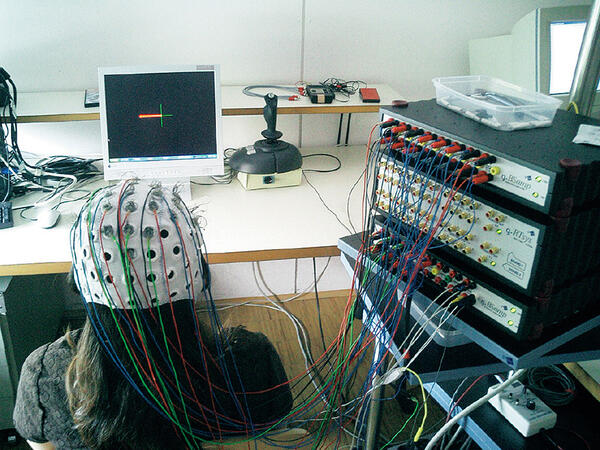
 medical
medical
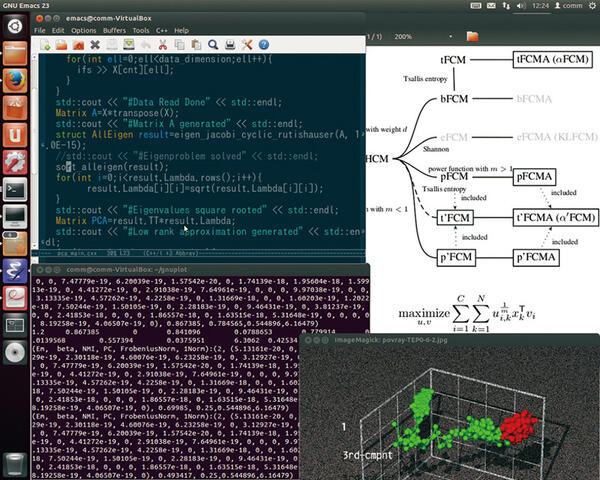
 basic
basic
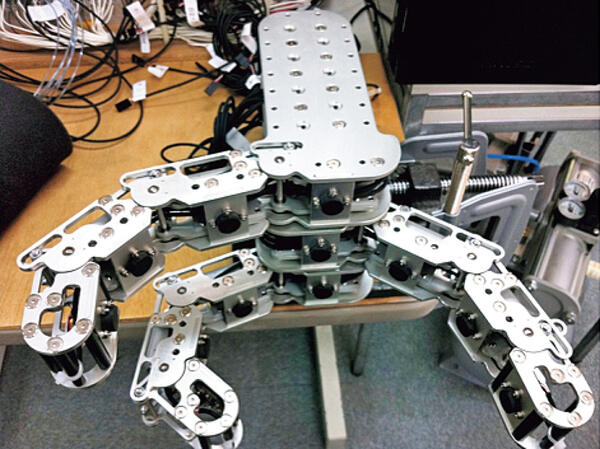
 mechanical
mechanical

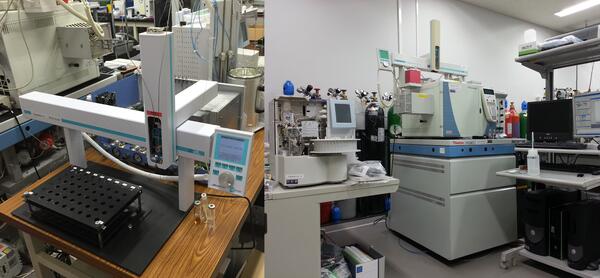
 chemistry
chemistry safety
safety environment
environment


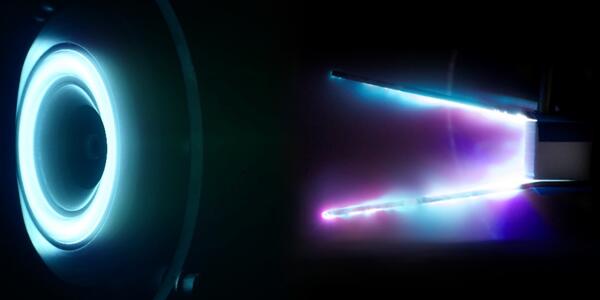
 aerospace
aerospace energy
energy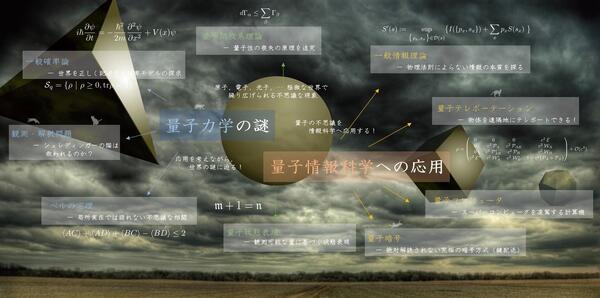
 basic
basic


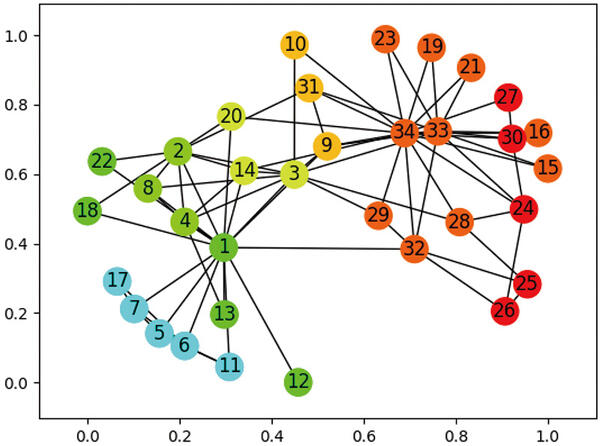
 multi
multi software
software basic
basic


 multimedia
multimedia communication
communication informationdesign
informationdesign
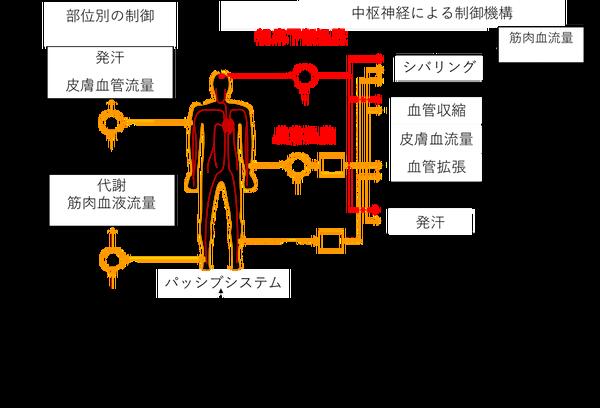
 energy
energy environment
environment society
society


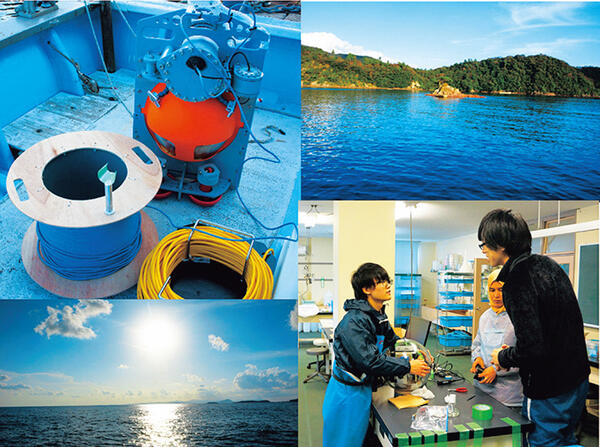
 multi
multi



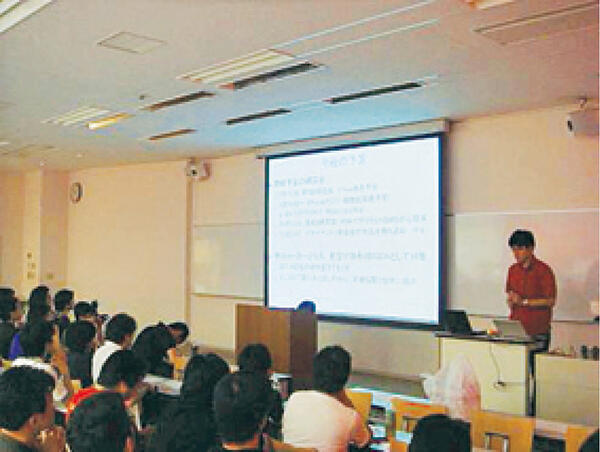
 education
education


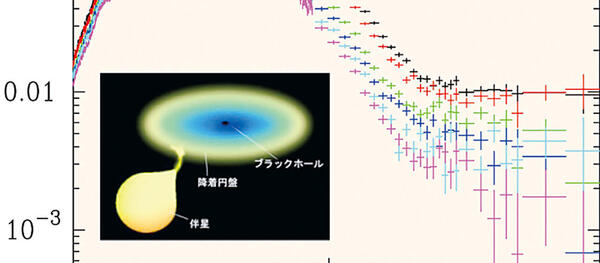
 basic
basic education
education
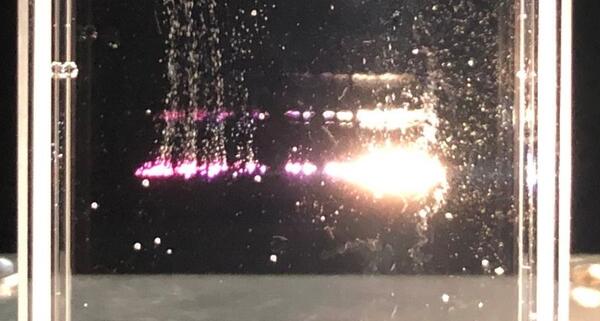
 mechanical
mechanical energy
energy basic
basic

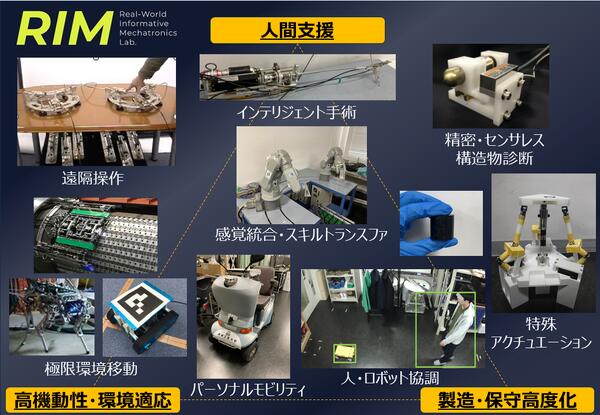
 robot
robot mechanical
mechanical informationdesign
informationdesign


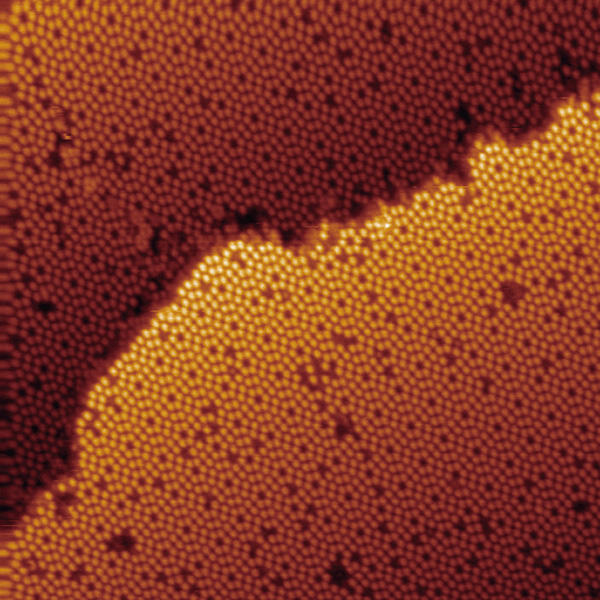
 material
material


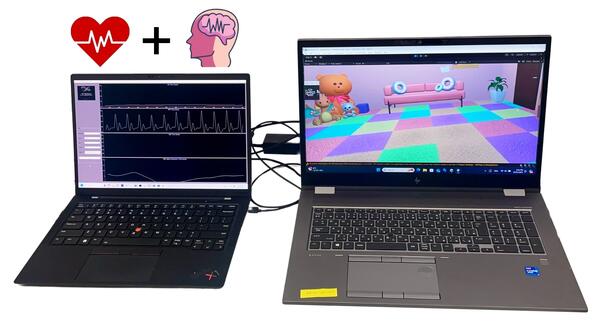
 multimedia
multimedia software
software informationdesign
informationdesign


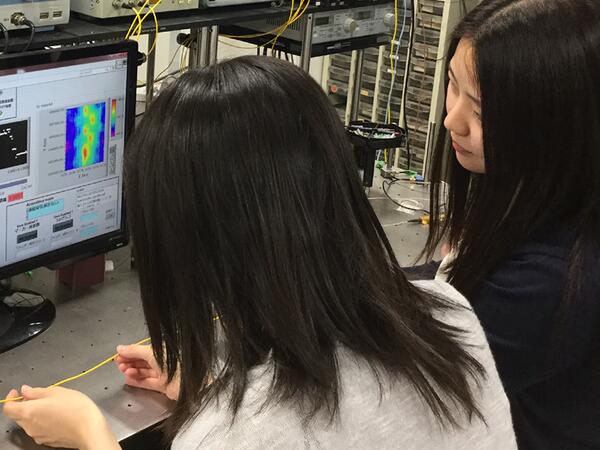
 hardware
hardware safety
safety environment
environment

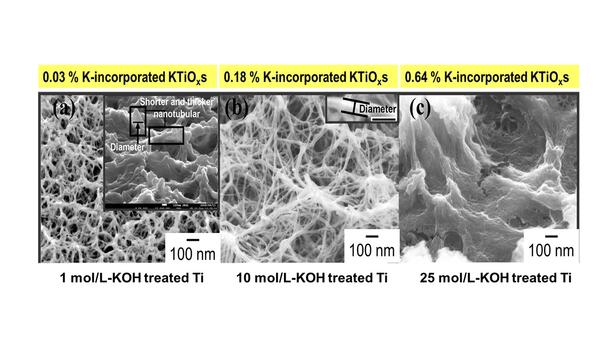
 chemistry
chemistry material
material biotechnology
biotechnology

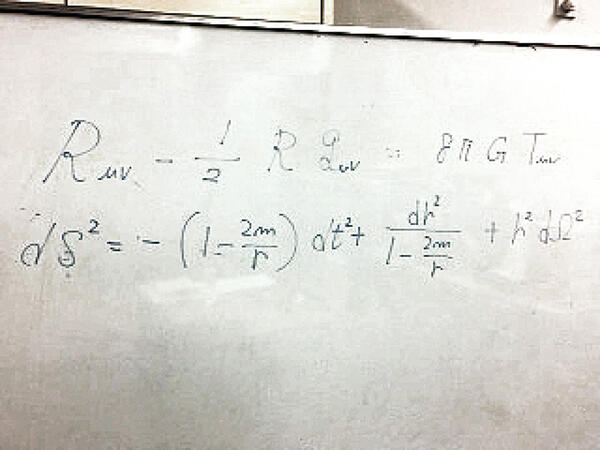
 basic
basic

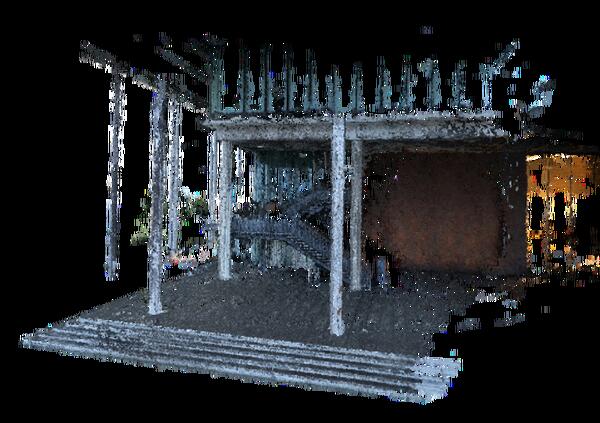
 multimedia
multimedia software
software

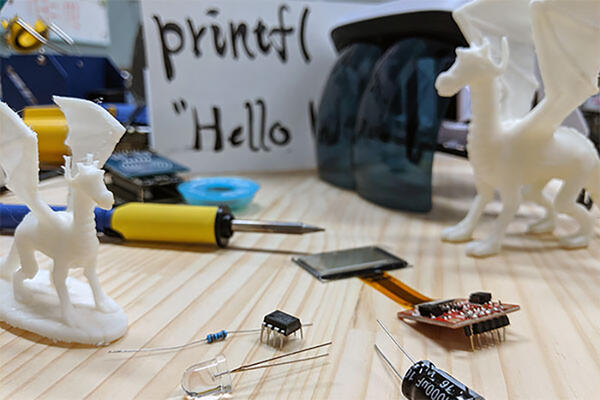
 communication
communication informationdesign
informationdesign multi
multi

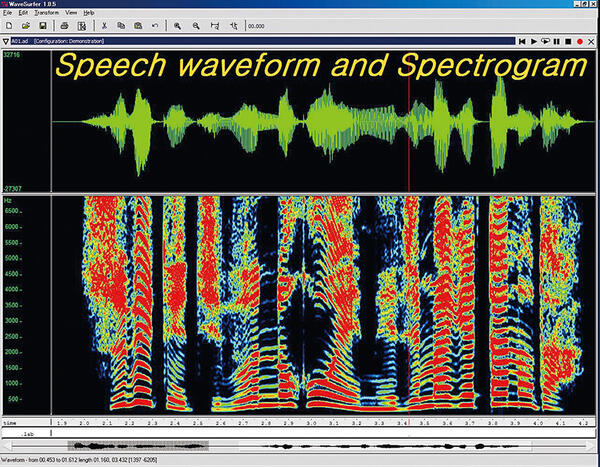
 multimedia
multimedia


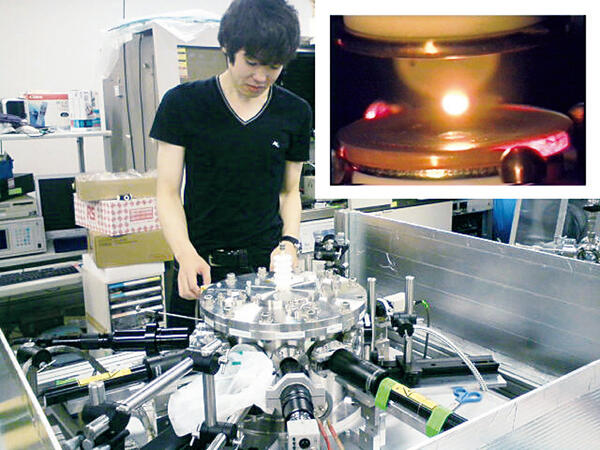
 material
material

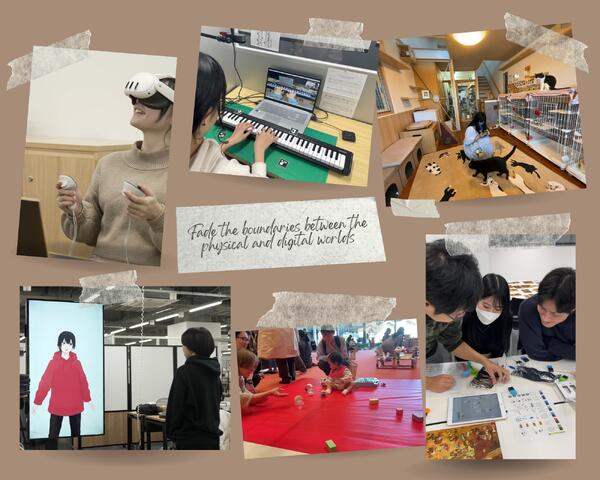
 multimedia
multimedia communication
communication informationdesign
informationdesign


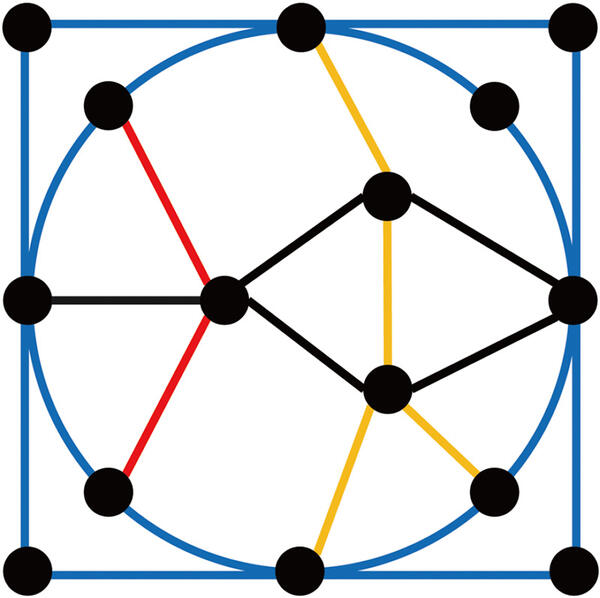
 basic
basic
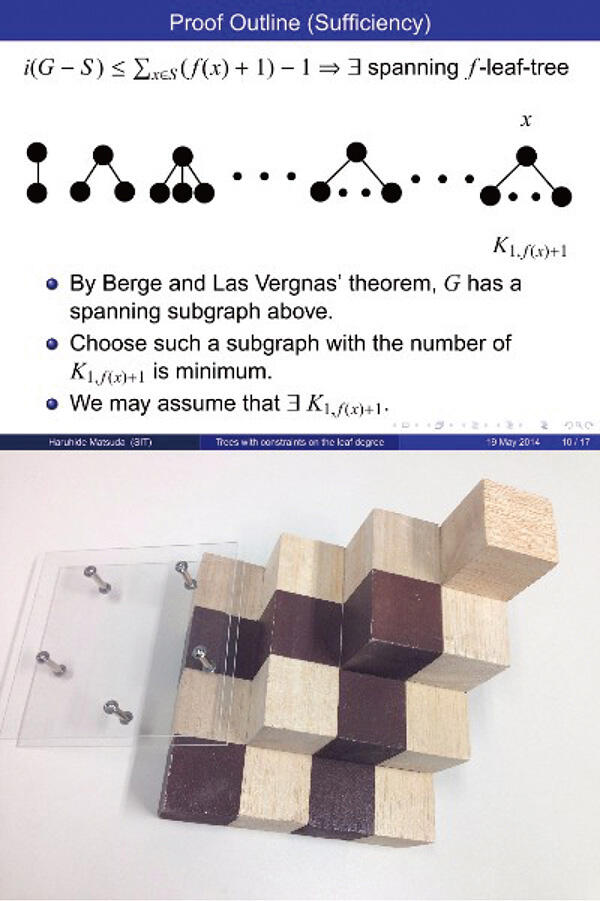
 network
network basic
basic

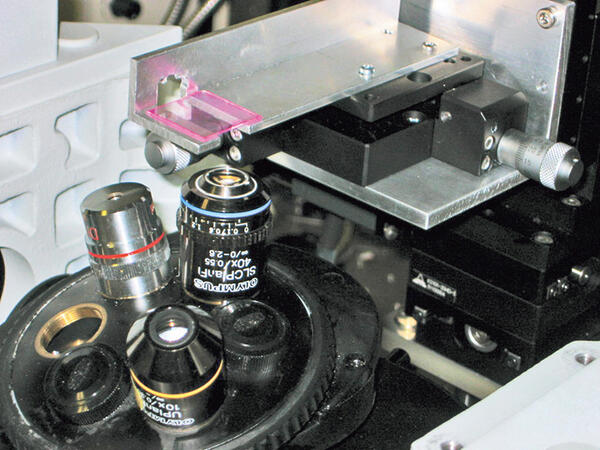
 mechanical
mechanical

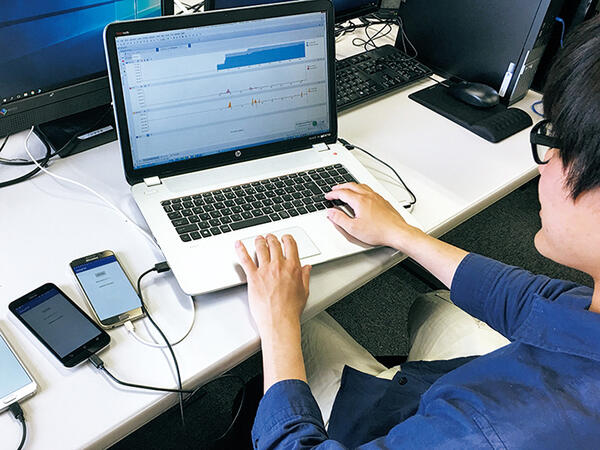
 network
network software
software informationdesign
informationdesign


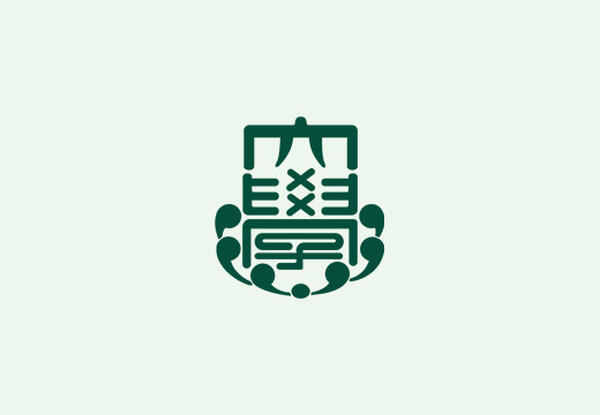
 network
network software
software society
society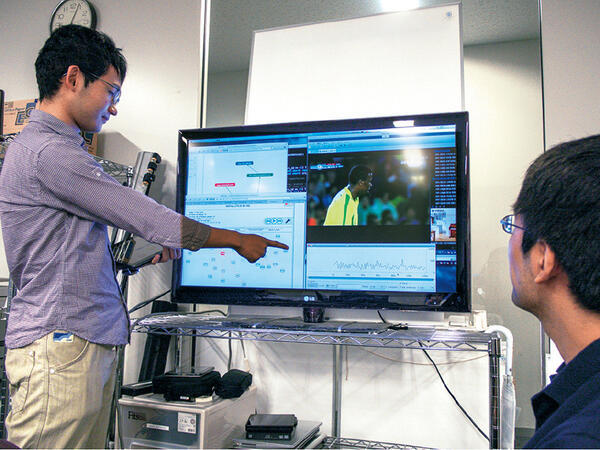
 network
network car
car safety
safety
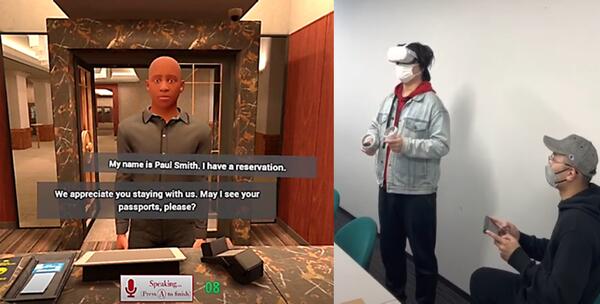
 communication
communication society
society informationdesign
informationdesign


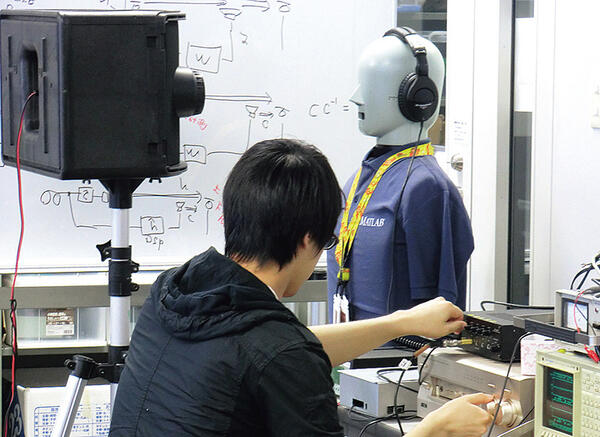
 multimedia
multimedia hardware
hardware informationdesign
informationdesign

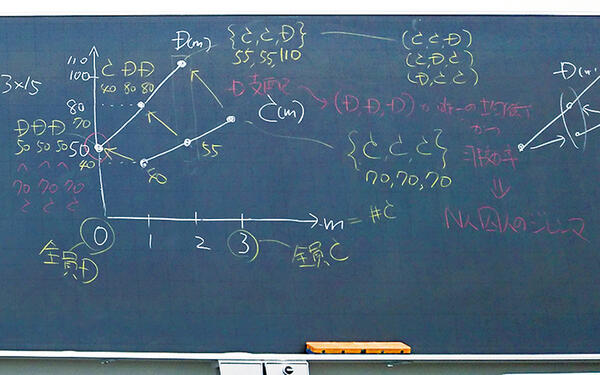
 society
society

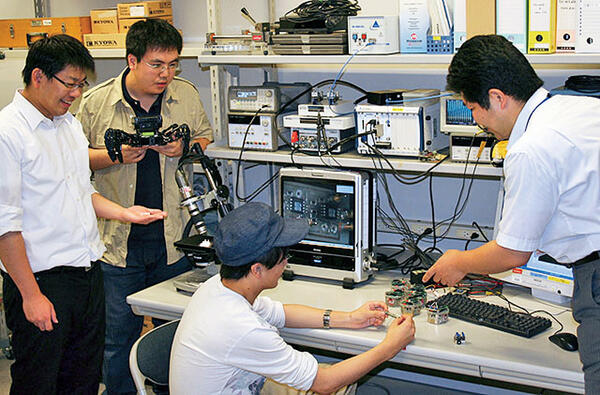
 robot
robot



 productdesign
productdesign informationdesign
informationdesign


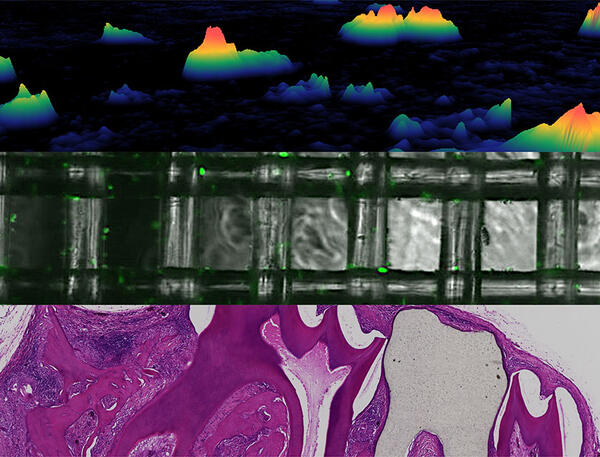
 material
material medical
medical health
health

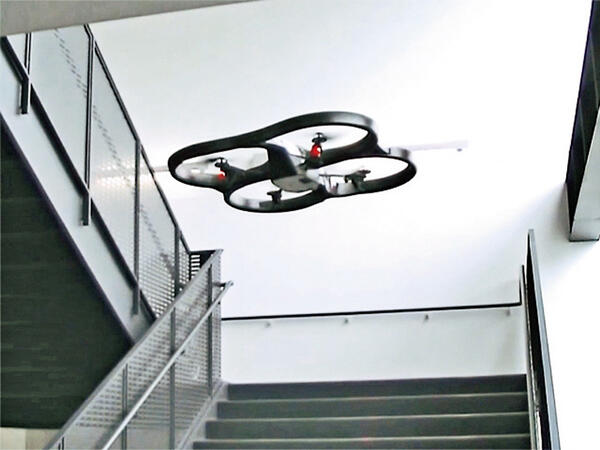
 software
software


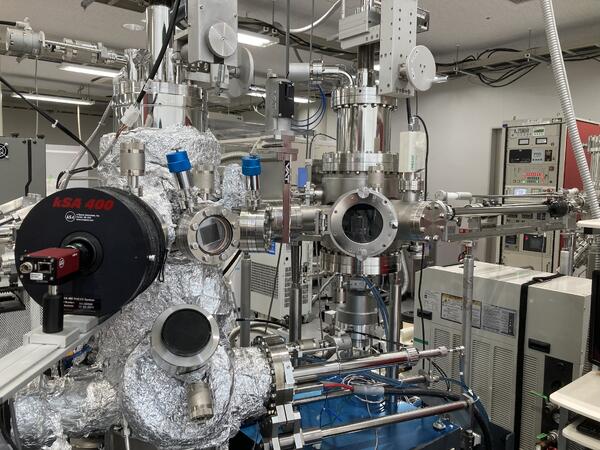
 energy
energy material
material basic
basic


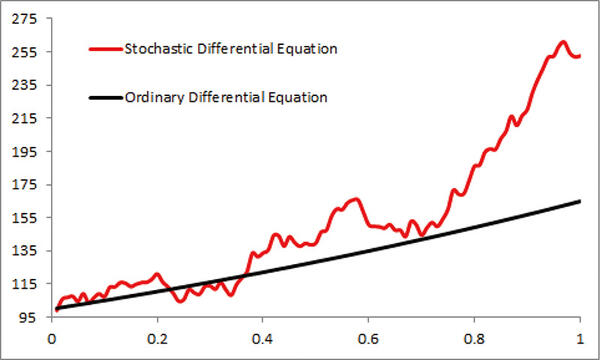
 basic
basic
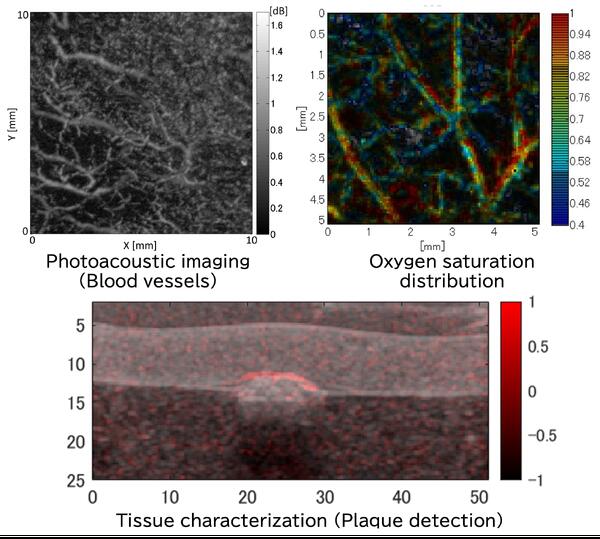
 medical
medical health
health

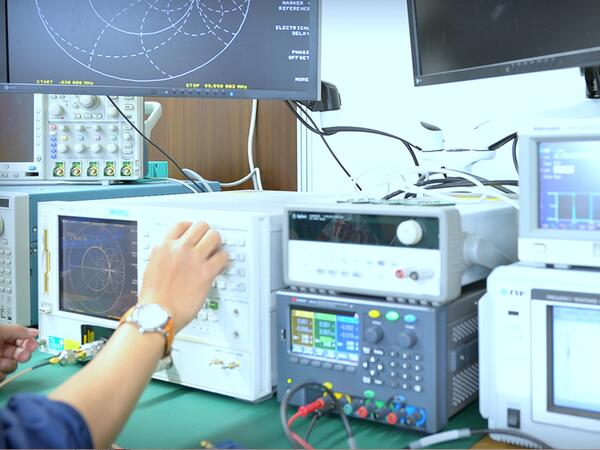
 hardware
hardware basic
basic


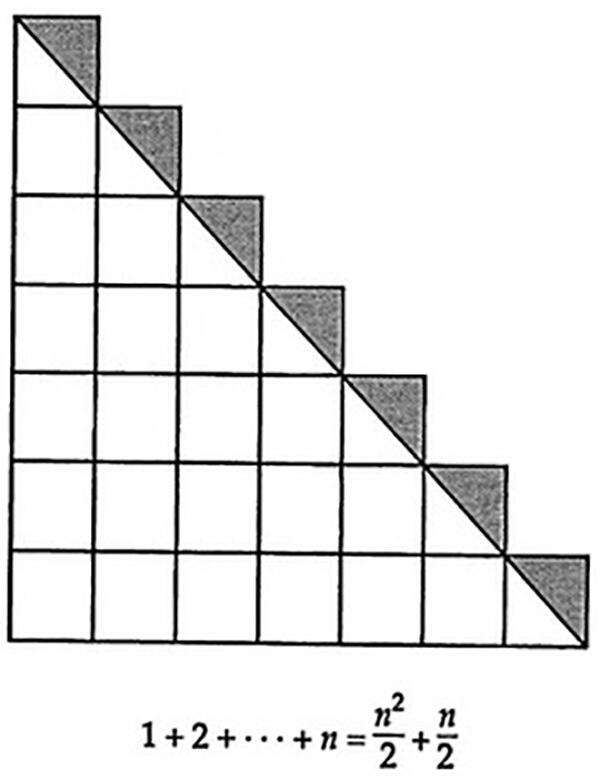
 basic
basic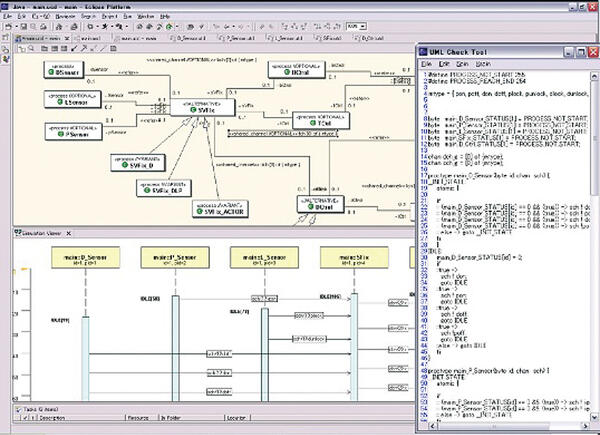




 society
society informationdesign
informationdesign communication
communication
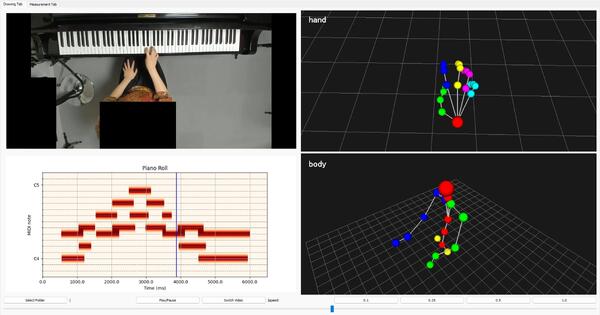
 multimedia
multimedia health
health informationdesign
informationdesign

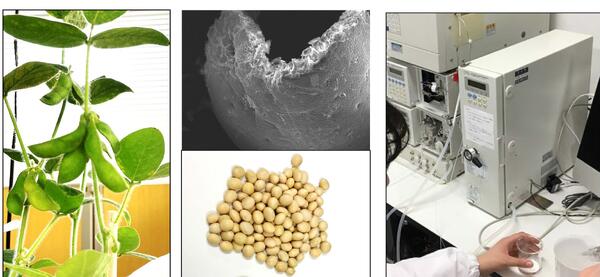
 ecology
ecology environment
environment society
society



 health
health


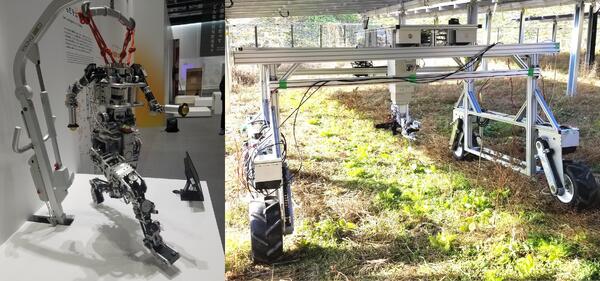
 robot
robot mechanical
mechanical multi
multi


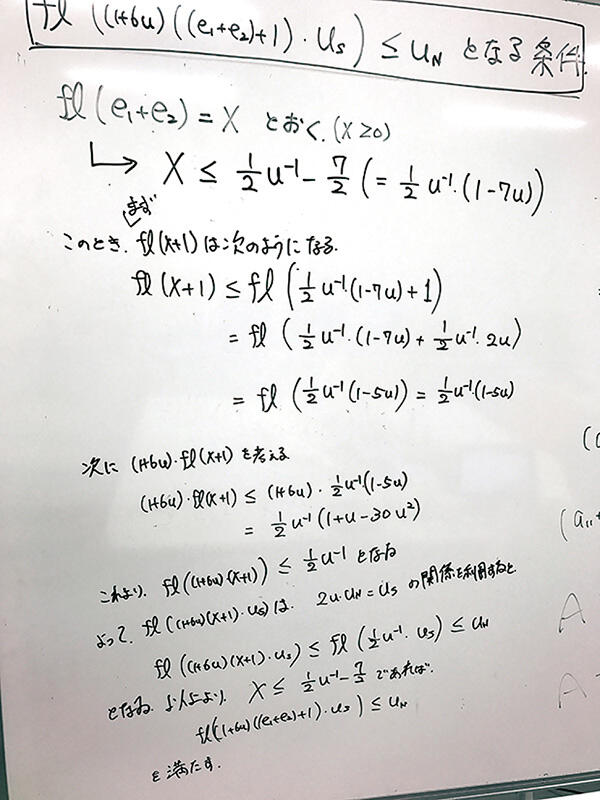
 basic
basic

 robot
robot multimedia
multimedia
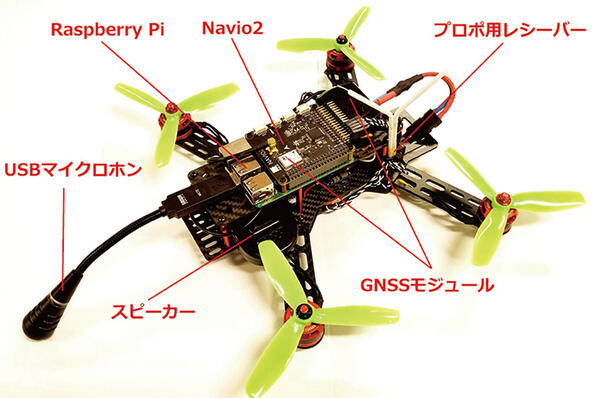
 robot
robot


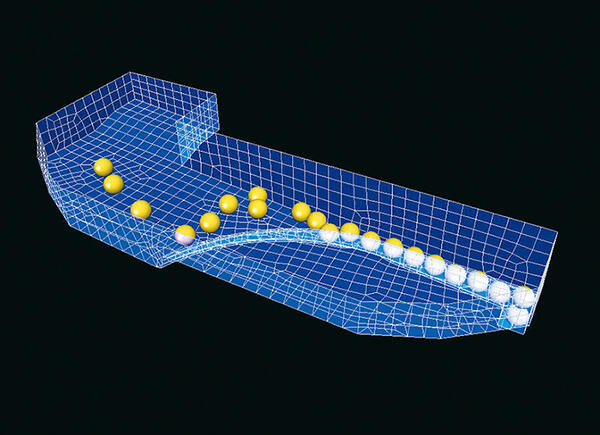
 mechanical
mechanical

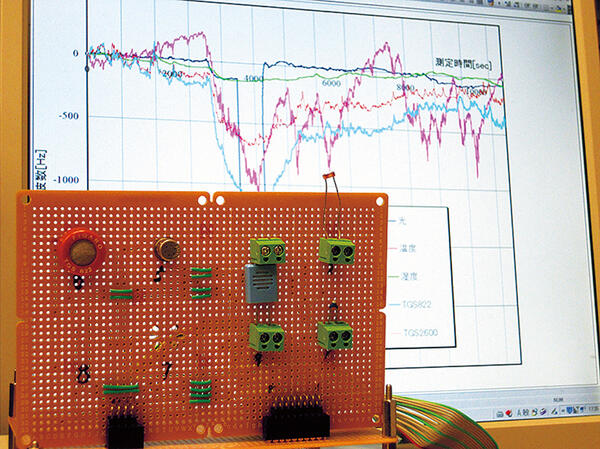
 hardware
hardware
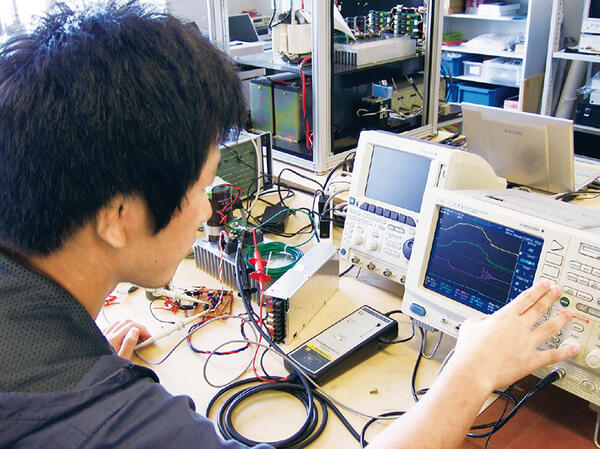
 multi
multi




 multi
multi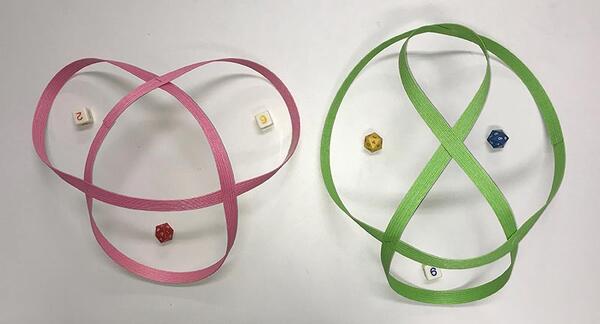
 education
education
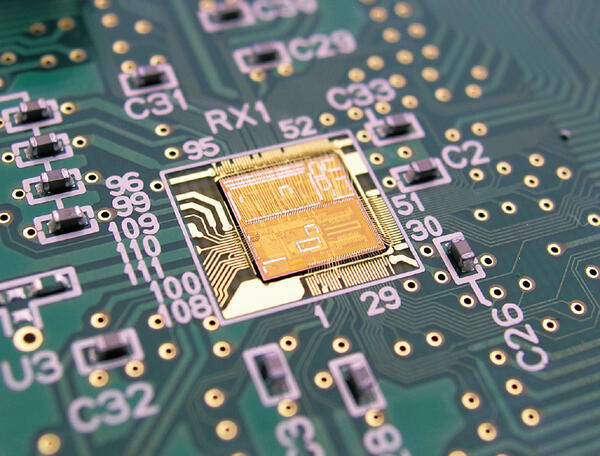
 robot
robot hardware
hardware

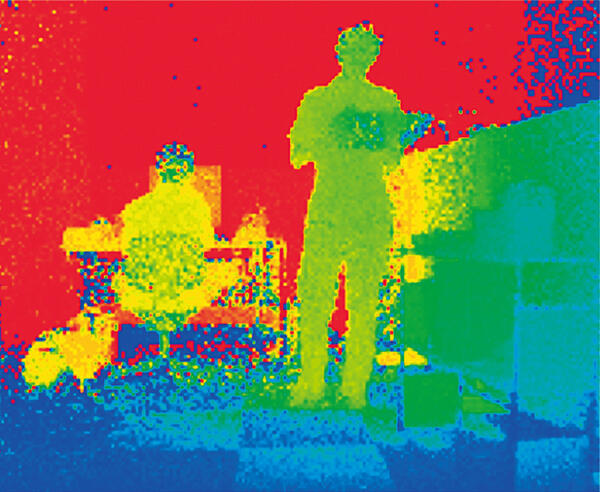
 robot
robot multimedia
multimedia informationdesign
informationdesign

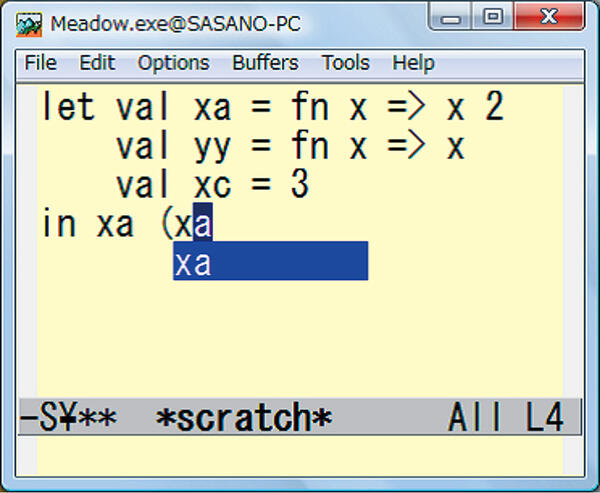
 software
software
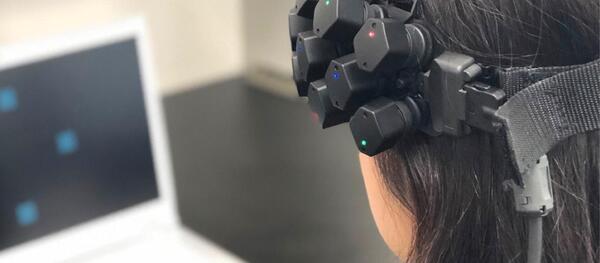
 communication
communication health
health informationdesign
informationdesign

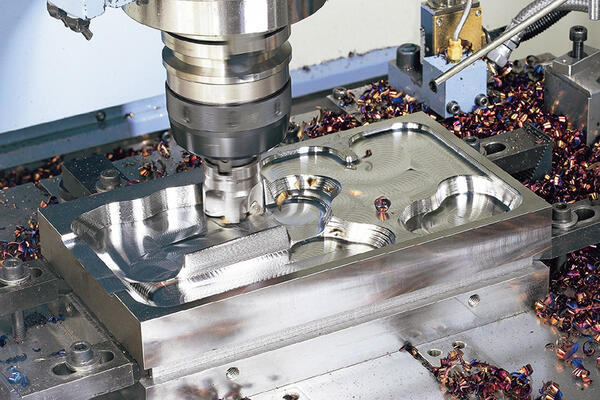
 mechanical
mechanical
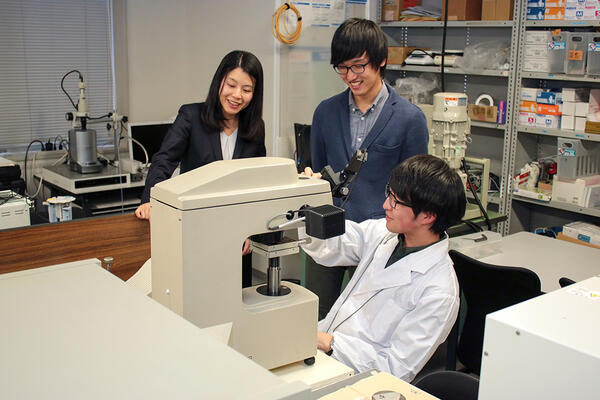
 energy
energy material
material ecology
ecology



 software
software medical
medical health
health


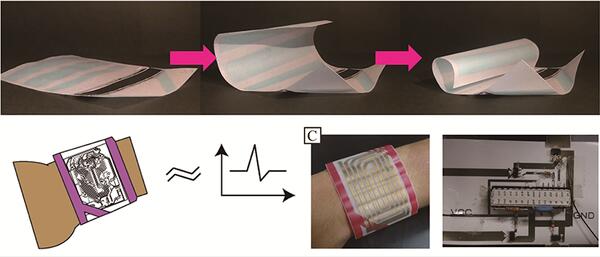
 robot
robot mechanical
mechanical material
material


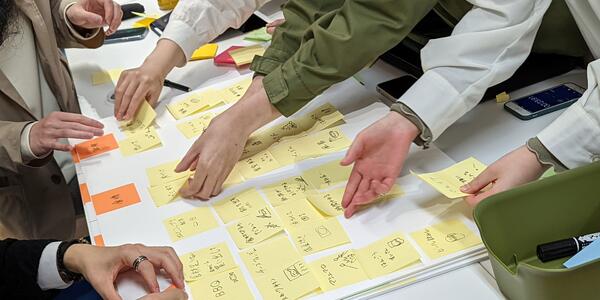
 communication
communication productdesign
productdesign informationdesign
informationdesign


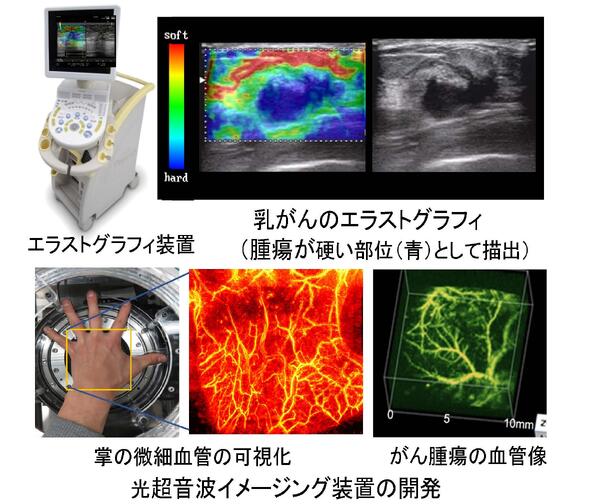
 medical
medical health
health

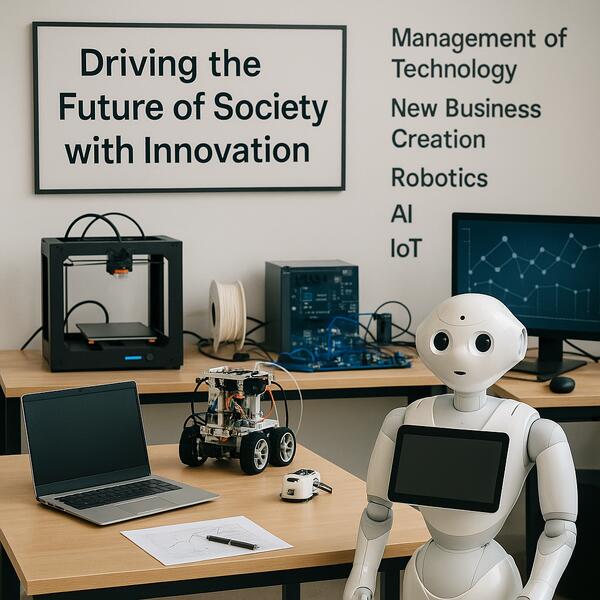
 society
society productdesign
productdesign informationdesign
informationdesign


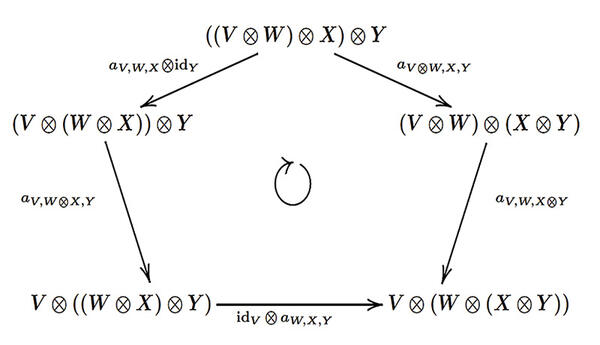
 basic
basic

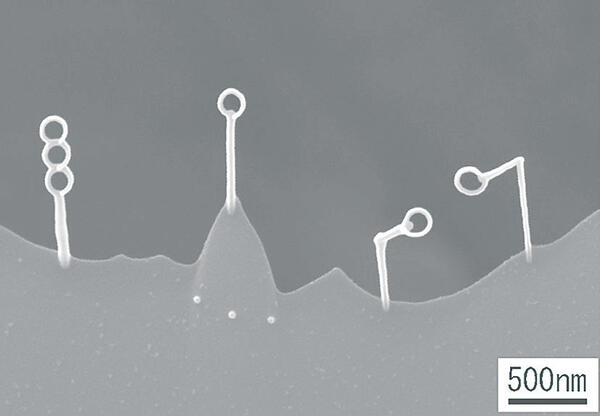
 material
material


 network
network informationdesign
informationdesign communication
communication


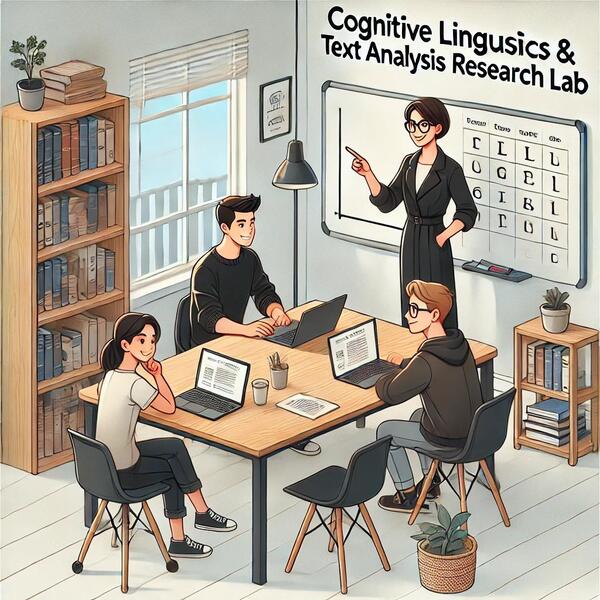
 multimedia
multimedia communication
communication society
society
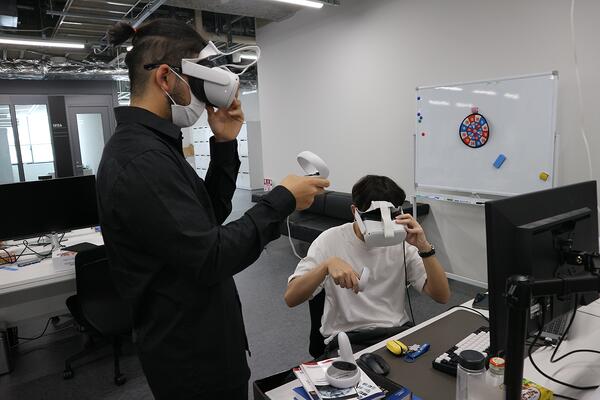
 multimedia
multimedia software
software informationdesign
informationdesign


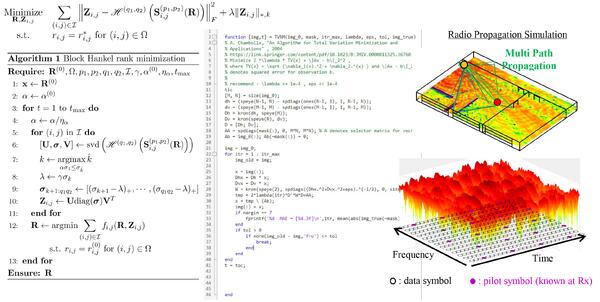
 network
network multimedia
multimedia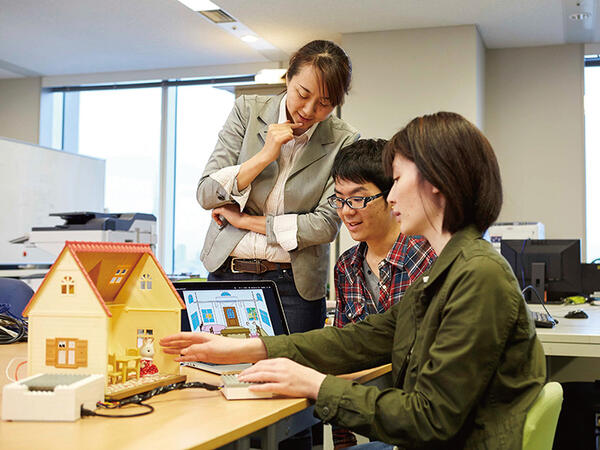
 software
software


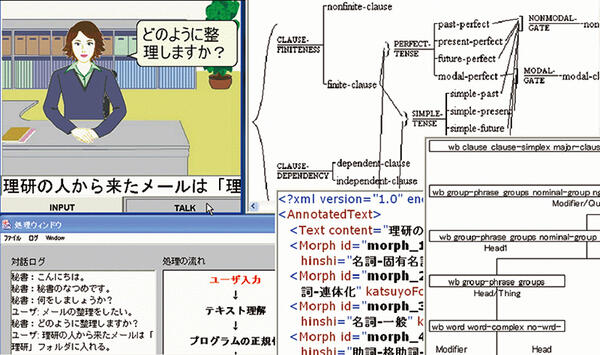
 software
software

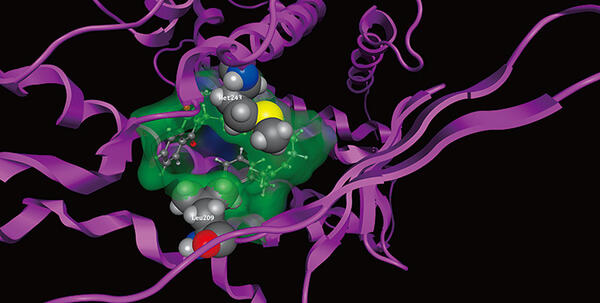
 chemistry
chemistry material
material medical
medical


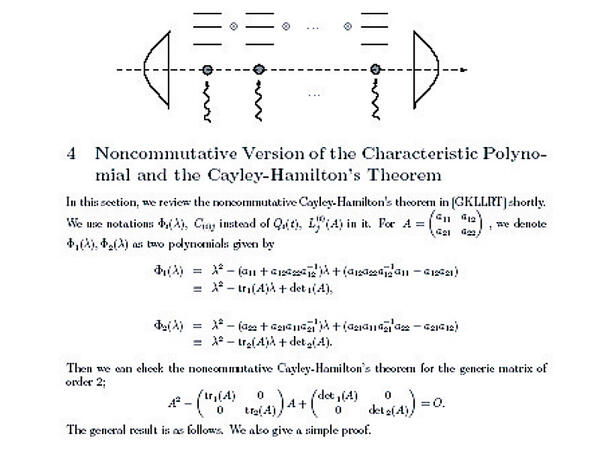
 basic
basic
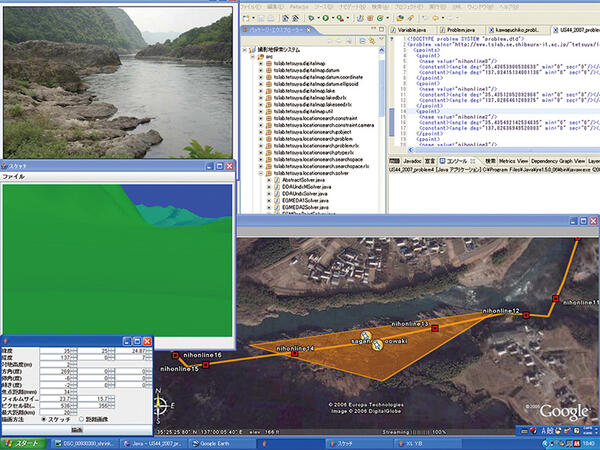
 software
software
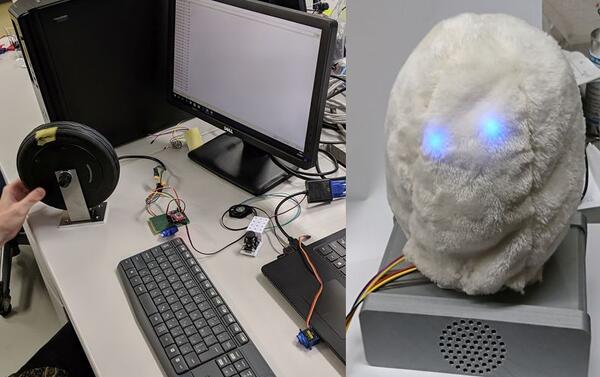
 robot
robot mechanical
mechanical medical
medical
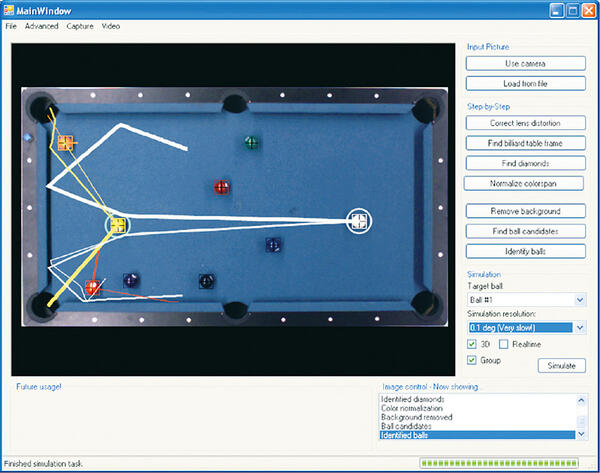
 medical
medical software
software

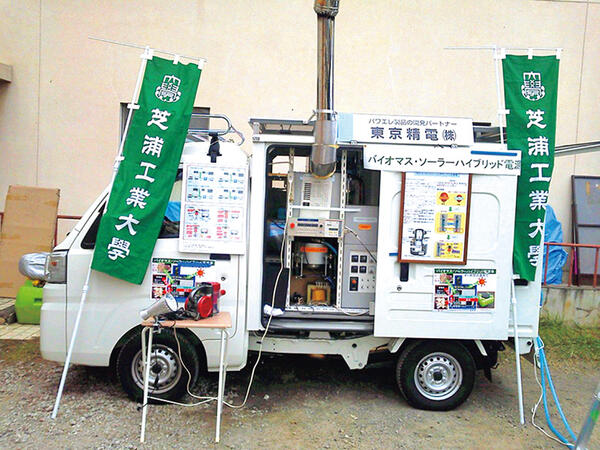
 ecology
ecology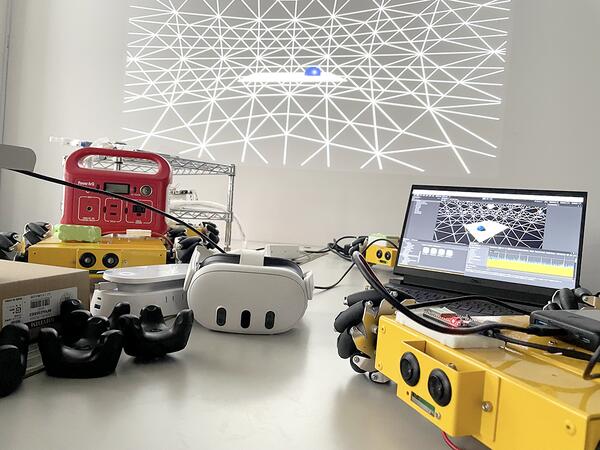
 robot
robot multimedia
multimedia software
software


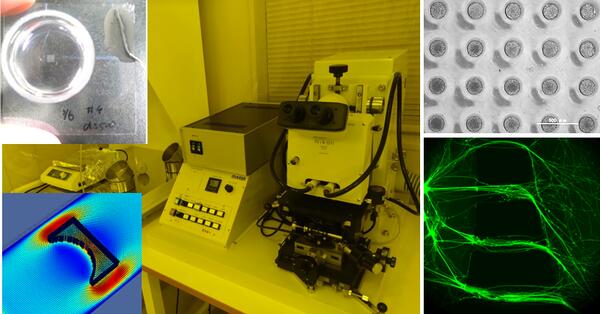
 biotechnology
biotechnology medical
medical health
health


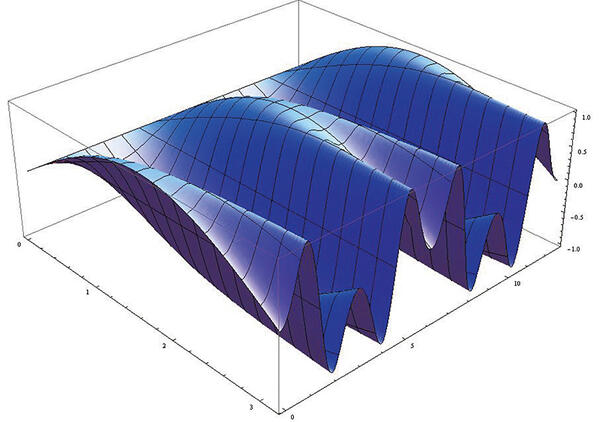
 basic
basic education
education

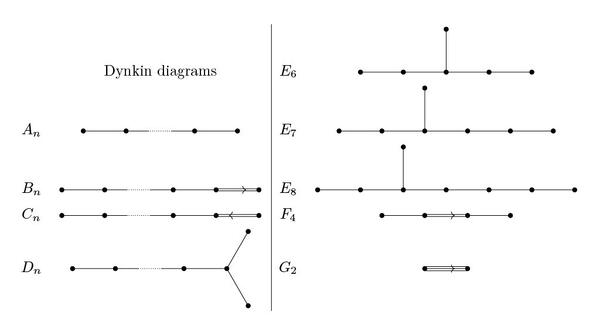
 basic
basic

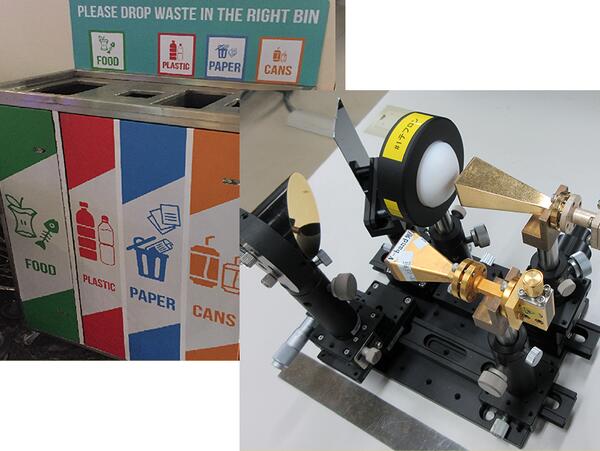
 ecology
ecology society
society multi
multi


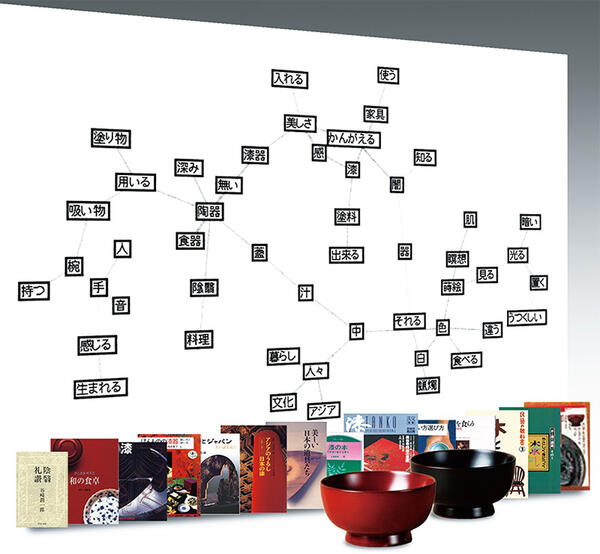
 multi
multi


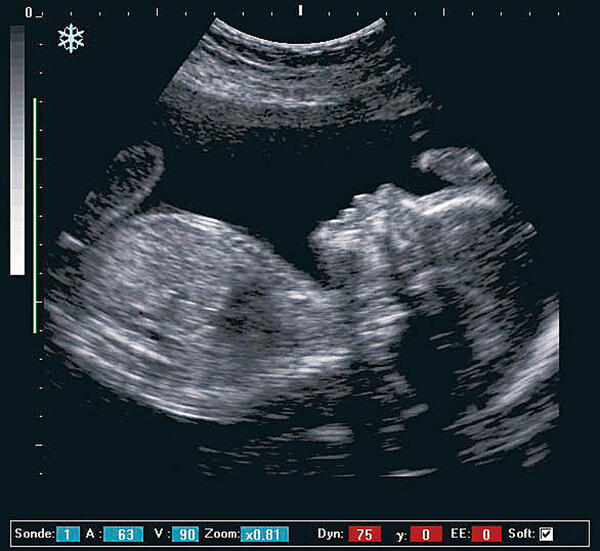
 medical
medical
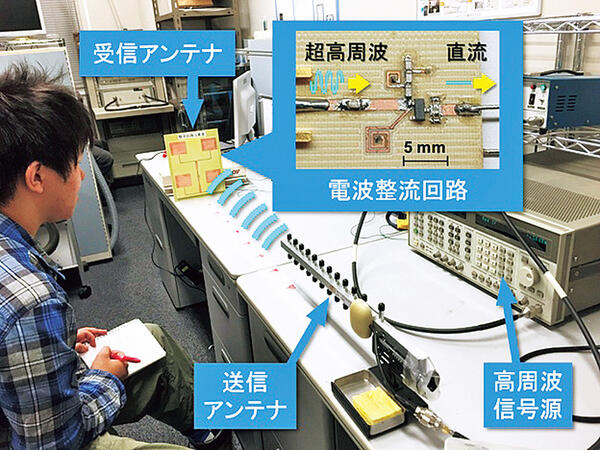
 hardware
hardware

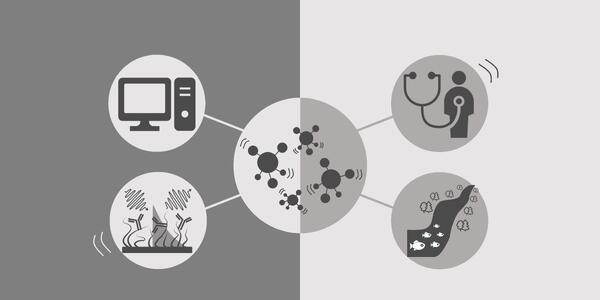
 medical
medical health
health ecology
ecology


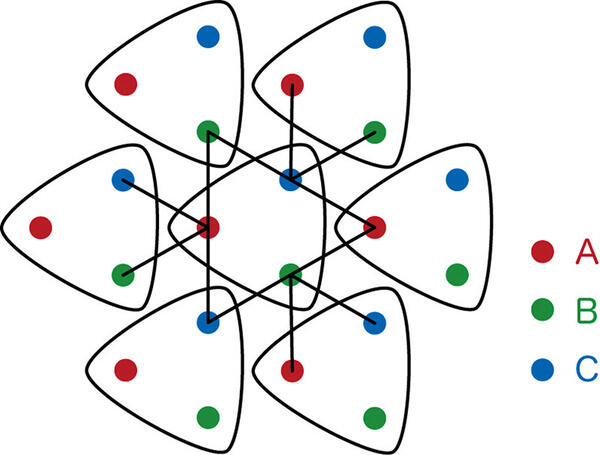
 basic
basic
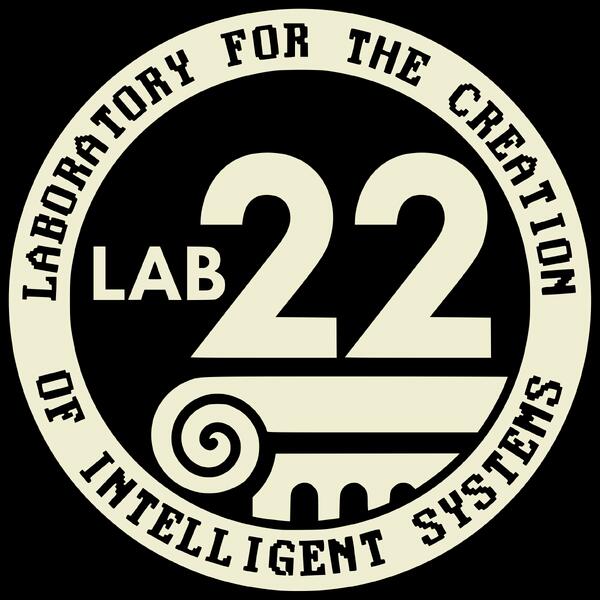
 robot
robot productdesign
productdesign multi
multi

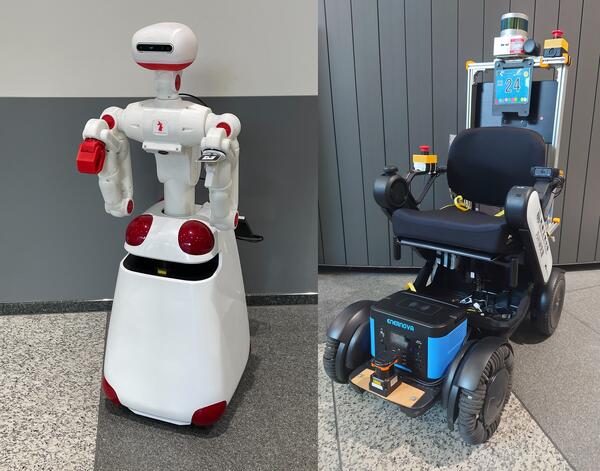
 robot
robot


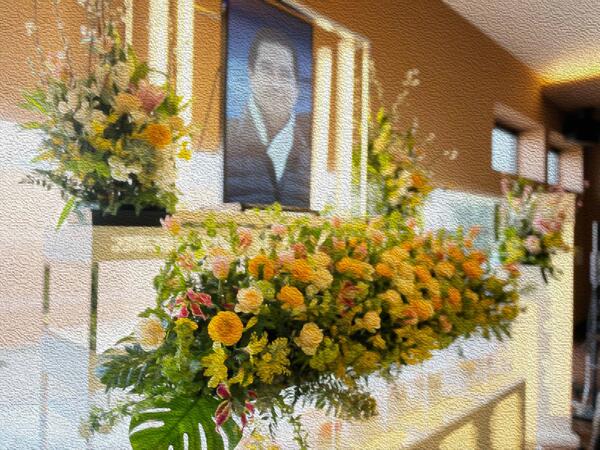
 multimedia
multimedia society
society informationdesign
informationdesign
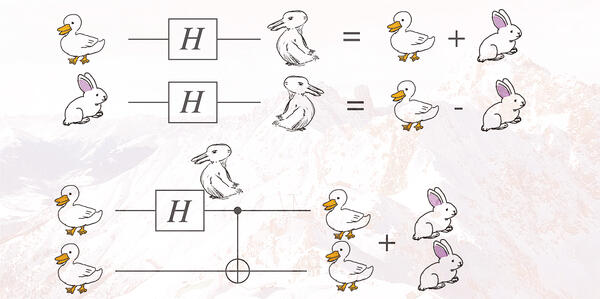
 software
software multi
multi basic
basic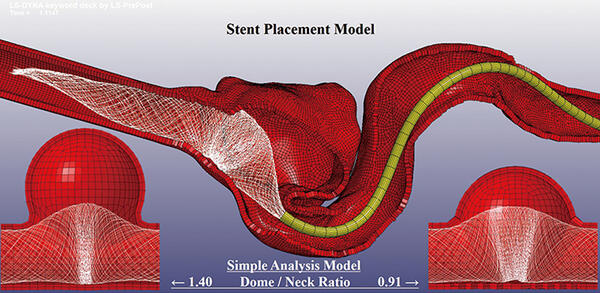
 mechanical
mechanical

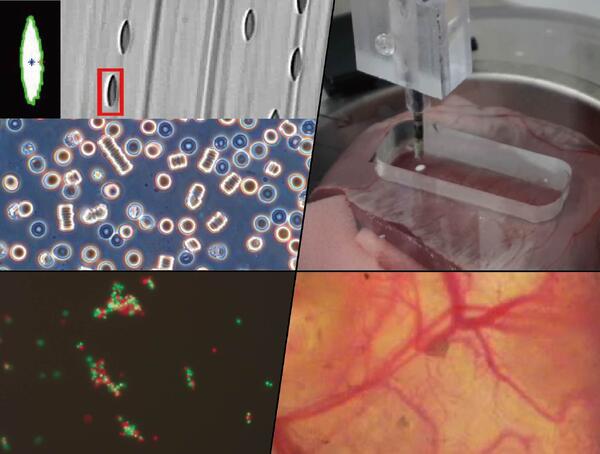
 mechanical
mechanical medical
medical health
health


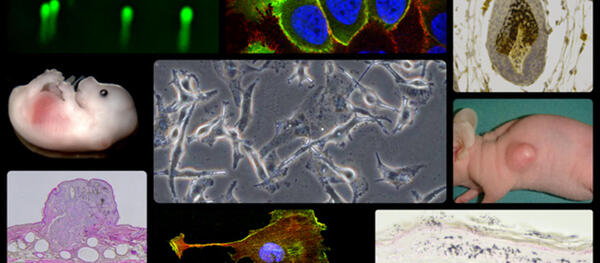
 biotechnology
biotechnology medical
medical health
health



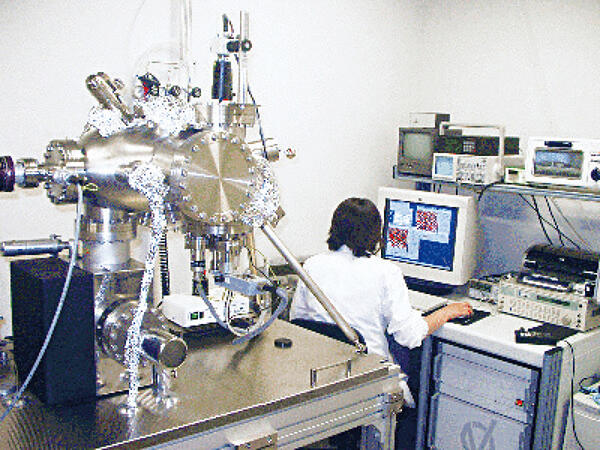
 material
material


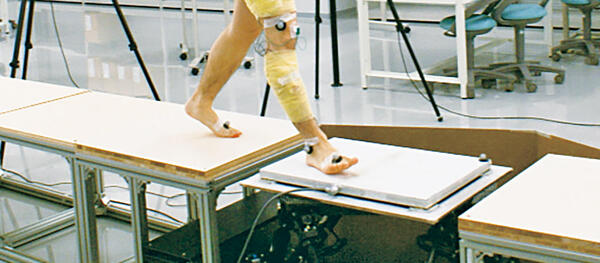
 robot
robot medical
medical health
health
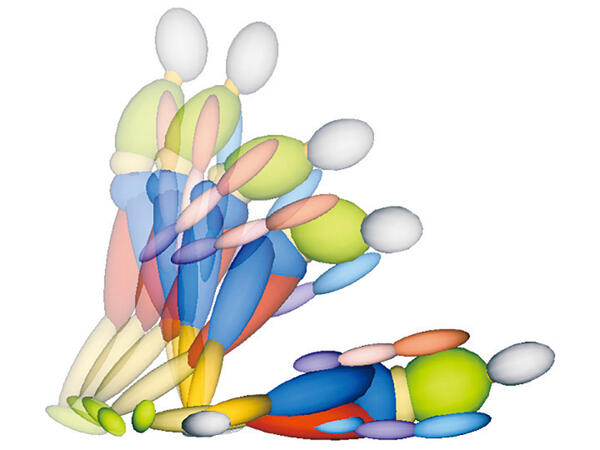
 medical
medical


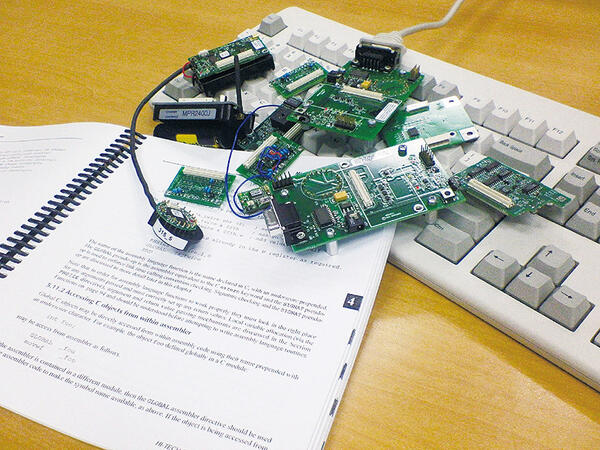
 software
software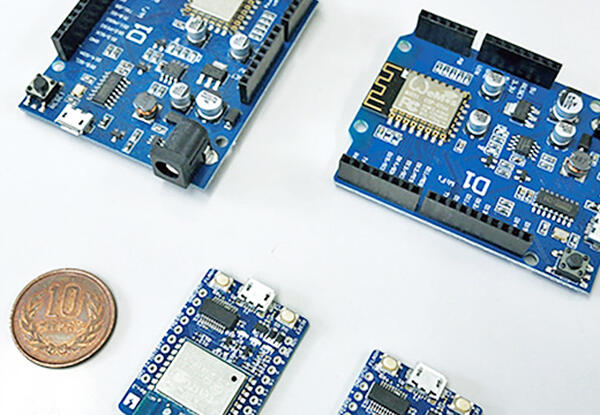
 network
network software
software informationdesign
informationdesign

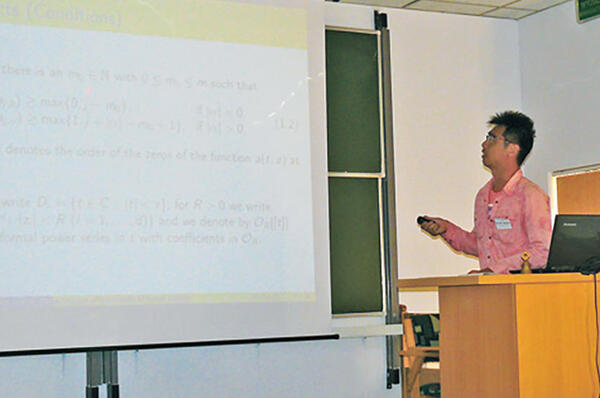
 basic
basic
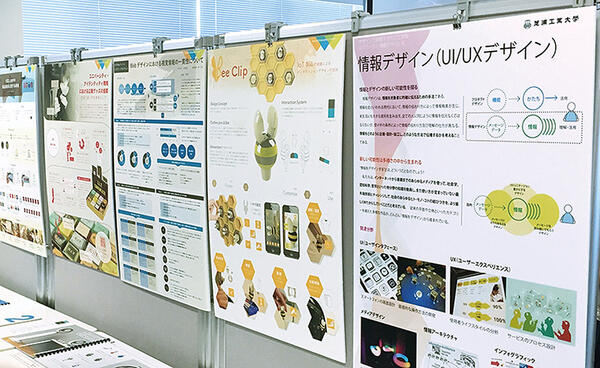
 communication
communication productdesign
productdesign informationdesign
informationdesign


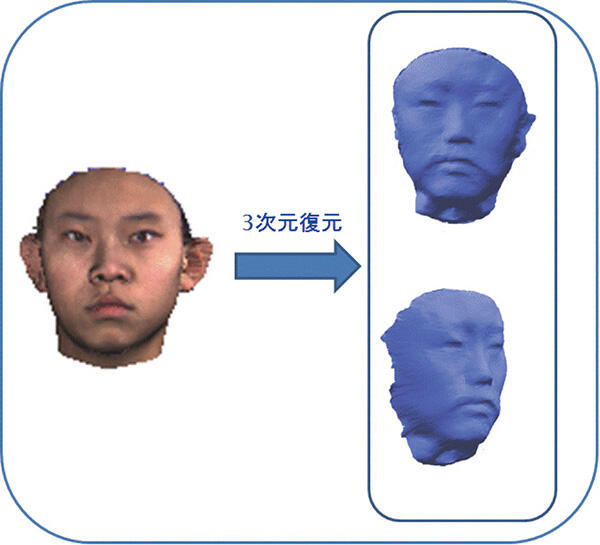
 software
software
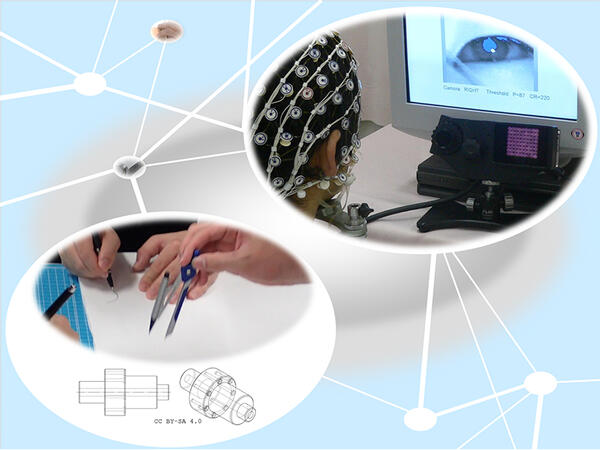
 software
software multi
multi

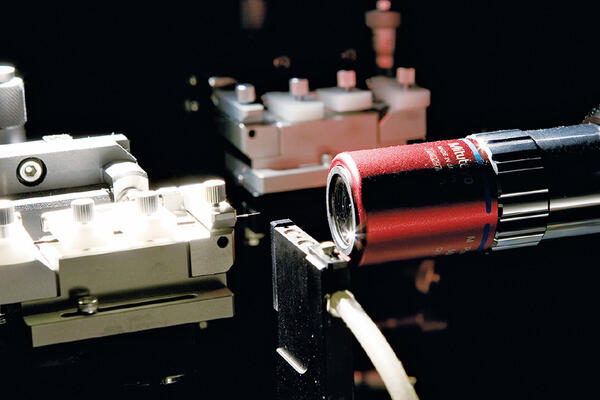
 hardware
hardware

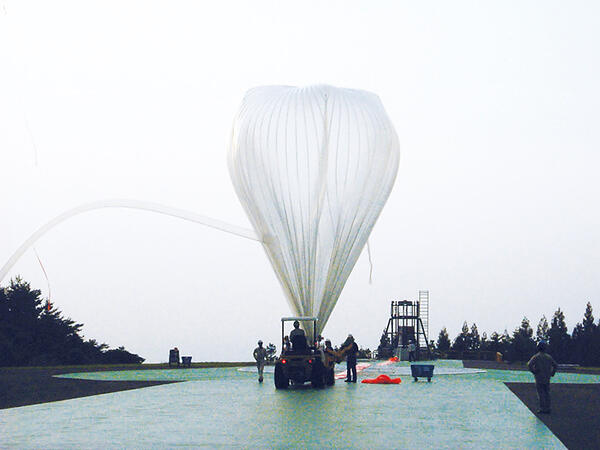
 basic
basic education
education
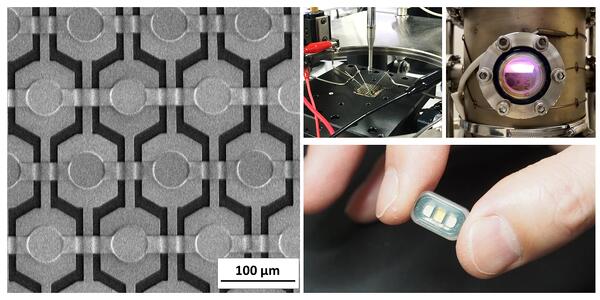
 hardware
hardware material
material medical
medical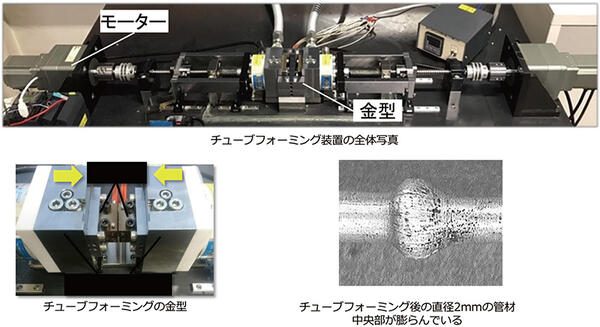
 chemistry
chemistry material
material


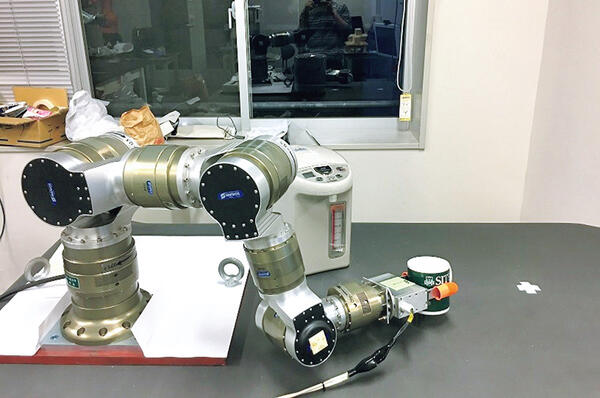
 robot
robot


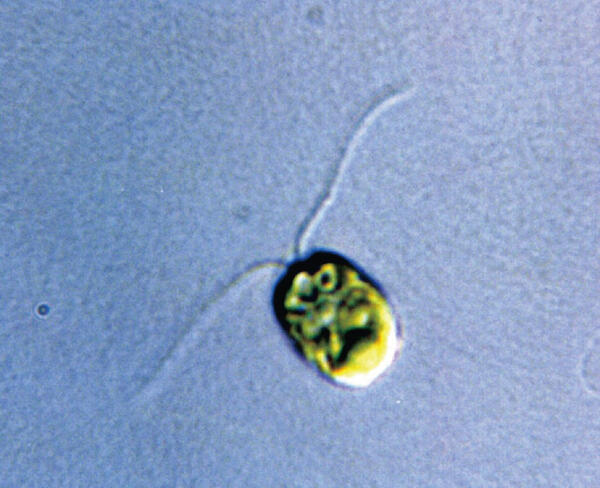
 biotechnology
biotechnology

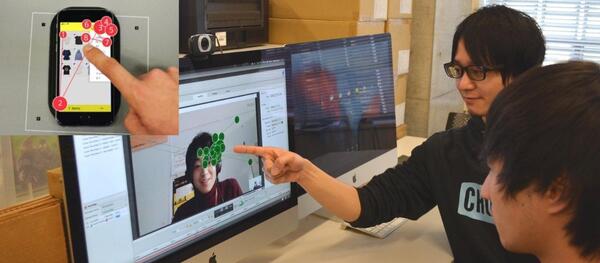
 informationdesign
informationdesign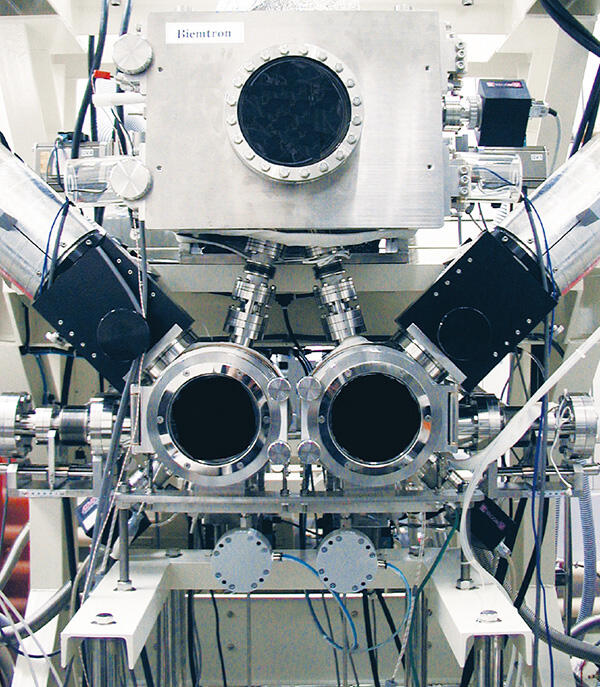
 energy
energy material
material

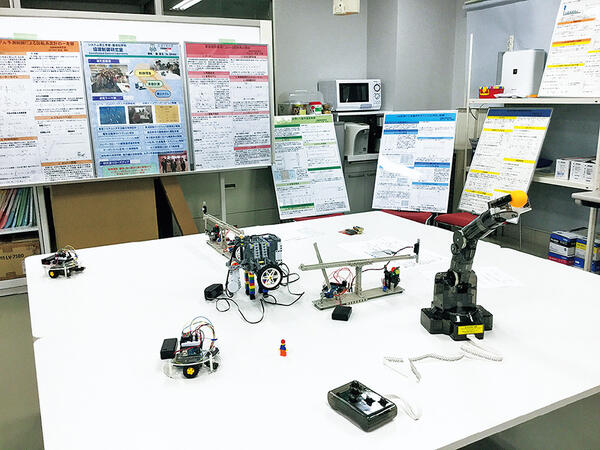
 basic
basic
